
by Gideon Marcus
End of Summer
The long, hot summer is over, and with it a general cooling across the country, both in temperature and in tension. While San Francisco enjoyed a summer of love, with folks as disparate as Eric Burdom and Scott McKenzie coming to just be-in, the rest of the nation was rocked by civil strife, strikes, and protest.

Ashes in Cambridge, MD

Teachers on strike
And why not? The cities have been bubbling kettles for a long time, and too many mayors and councilmen are ignoring the problem. Too many workers have been stiffed and neglected. Too many young men, too young even to vote, have lost their lives in Vietnam.
Now, the strikes are largely settled in the workers' favor. The racial problems, well they're still there, but harder to ignore, and with the departure of sultry weather, tempers are a little less frayed. Vietnam…well, they had a free election didn't they? Surely things must be getting a little better.

Surely.
In any event, enjoy the respite. We're going to need our strength.
So goes the nation…
The nation of science fiction, that is. SF had a rocky summer, with a slew of lackluster magazines, inconsistent books, and of course, endless reruns on TV. I'm happy to report that the dog days are over, at least for now: not only has it been a good month for SF mags in general, but the latest issue of Analog is the best in more than a year and a half.

by John Schoenherr
Weyr Search, by Anne McCaffrey

by John Schoenherr
Jack Vance and Frank Herbert have made sweeping, quasi-fantastic tableaus the in thing. Universes that feel thousands of years old, with venerable, somewhat tattered institutions vying for power in a decadent setting. Now Ann McCaffrey, best known for her The Ship Who series, has tossed her hat in the ring.
Pern is a planet somewhere in the galaxy, once settled by Earth, but long since forgotten. It is a verdant, pleasant world save for one feature. Every few hundred years, a rogue planet comes close enough in its eccentric orbit to launch deadly spores of "thread". These burrow into Pern's soil, destroying native life, scourging farms and people.
To combat them, humans formed a sort of treaty with the native intelligent life: sapient dragons, with whom their riders bond telepathically. These dragons not only breathe fire, but they can teleport. This makes them formidable defenders, indeed! Clearly, they once dominated Pernian politics. Long ago, there were six "Weyrs"–barren fortresses wherein lived the dragons and their human brethren. From these strongholds, Pern was kept safe from the baleful "red star".
But humans have short memories, and when Weyr Search begins, it has been several centuries since the last orbital conjunction. Human politics have supplanted other concerns, and the "Holds", fortresses against human incursion, reign supreme. Only one Weyr, called Benden, remains in operation–a shabby shadow of itself.
Nevertheless, with the rogue planet approaching, and the queen of dragons recently dead, it is imperative that the Benden riders find a new rider for the next queen, one who has the requisite psychic talents and the necessary strength of character. Can any such person exist in these fallen times, when even proud Ruatha hold, whose royal family's blood once ran with a strong vein of dragon talent, has become a wreck under the cruel ministrations of Lord Fax of the High Reaches?
Well, of course the answer is yes. It's obvious from the first page, told from the point of view of Lessa, Ruathan scullery girl, who is secretly scion of the dead lineage. Weyr Search is not a story to surprise, a tale of twists and turns. It is not even really a complete story; it is clear there will be sequels. What it is, however, is an intriguing setup for a story.

As such, it really succeeds or fails on its writing. McCaffrey is better at her job than Herbert, whose reach regularly exceeds his grasp. She is less talented than Vance (who wrote a somewhat reminiscent tale several years ago called The Dragon Masters). The first portion of the story is a bit stiltedly told, and Lessa comes across as something of a caricature, a wish-fullfilment vehicle akin to Cinderella ("I may seem a nothing, but I'm really a secret princess-queen!") Not that this kind of character can't work–after all, look at Roan in Earthblood, but Laumer and Brown did a better job with it. And, of course, there are the tics that sold the work to Campbell: psionics and the idea of people being genetically special.
Nevertheless, the writing gets better as it goes along, and the concepts are interesting. I've read some great stuff by McCaffrey, and I've read some tepid stuff by McCaffrey. This installment gets four stars. We'll see how the serial (in all but name) does as a whole when its done.
(Note: There's a bit in the prologue where Pern's "Yankee" colonists are mentioned. I'll bet my bottom dollar this was a Campbell edit, as nowhere in the rest of the story is the race of the colonists suggested. Heaven forbid anyone but WASPs settle the galaxy…)
Toys, by Tom Purdom

by Leo Summers
I'm always happy to see a piece from my good friend, Tom. This one involves a cop duo (male and female) taking on a gang of pre-teenage kids, who have taken their families hostage using a host of homegrown weapons: genetically engineered apes and tigers, chemistry-set psychedelic drugs, erector-set shock guns. The work of the police is complicated by their standing directive to minimize casualties.
A little insight from the author:
I have a lot of thoughts on Toys. I gave a talk on it at a Philadelphia Science Fiction Society meeting this month.
Basically, it's built around three ideas.
The first came from a John Campbell editorial I read around 1950 or 51. What are you going to do, Campbell asked, when an angry teenager can blow up a city merely by twisting a pair of wires in a certain way? It's a thought experiment that gets at the heart of some of the issues raised by technology. I reduced the problem to a world where children have access to all kinds of potentially lethal technologies.
The second big idea is economic growth. I got interested in that years before, and it figures in many of my stories. The standard of living in the industrialized nation has been doubling two or three times per century since about 1700. The children in my story are lower middle class or might even be considered poor, but they have access to things like home genetic kits. They are poor in land, however, living in a five story house on a narrow plot. And lots of other kids have a lot more.
The third element is a Utopian police force. In a world with so much potential for violence, you need a first class police force and a society willing to pay for highly trained, well educated cops. Edelman [the viewpoint character] understands that he is supposed to resolve this situation without harming the kids. He takes bigger risks than he has to because he is responsible for the kids' welfare.
Thus, both utopian and anti-utopian predictions. Purdom excels at these concepts, painting a future world with realistic touches. For instance, complete equality of the sexes (exemplified by the cop partners), and one of the few stories that takes monetary inflation into account ($50,000 a year is a poor salary; $200,000 is pretty good.)
Where Tom always has trouble is combat scenes. It's no coincidence that his best works, like I Want the Stars and Courting Time, focus on people rather than fighting.
Toys is essentially a non-stop fight sequence. Thus, three stars.
Political Science—Chinese Style, by Research Group of the Theory of Elementary Particles, Peking
Editor Campbell offers up the preamble to a Chinese paper on subatomic particles, the realm of the "quark". The actual paper is not included; instead, we get many pages of explanation as to the philosophy that let to the composer's discoveries–all guided by the pure thought of their leader Mao Tse Tung.
It's pretty obvious that such folderol is necessary to get anything published in China. I'm sure the Nazi and Stalinist publishers had to do the same. What's special about this paper is that the science is reportedly "first-class". Which makes me sad that the whole paper wasn't included. Subatomic physics is fascinating stuff.
Anyway, it's short and interesting for what it is. And given the quality of fiction in this mag, I didn't miss the (hit and miss) science column too much.
Three stars.
The Judas Bug, by Caroll C. MacApp

by Kelly Freas
C.C. MacApp, using his first name rather than an initial for some reason, offers up this tale of a colony in peril. Two settlers of a new planet have been found dead in the field, their faces, throats and hands gnawed away. The fauna of the planet just don't seem harmful enough to be the culprit; Mechanic James Gruder worries that a human conspiracy is involved.
This is a perfectly competent story, although I found the resolution a little rushed. Three stars.
Free Vacation, by W. Macfarlane

by Leo Summers
I really liked the concept behind this story: Terran convicts are offered a choice–imprisonment, or teleportation to a roughhewn world as conscripted explorers. Day Layard, a brand new draftee, is paired with an old hand, who proves invaluable in keeping him alive. It turns out Layard's partner is particularly happy with his lot in life; it gives him the opportunity to seek out signs of the "Prodromals", the race of beings that preceded humanity in the galaxy.
This is another tale that runs along just fine until the somewhat rushed ending. An extra page or two would have perhaps garnered a fourth star. As is, a pleasant three.
Pontius Pirates, by J. T. McIntosh

by Leo Summers
The planet of Molle is a rich, advanced world, with nothing to hide. So why is it the moment Jack Sheridan makes planetfall from Earth, he is under 24 hour surveillance? Nothing formal, mind you–just subject to the attentions of four jovial fellows eager to get him drunk, and a pretty young girl employed to spend the night with him…or at least tell him she did when he wakes up with no memory of what went on the previous day.
Could it be that Molle is actually the home base for the piratical Buccaneers, and the surveillance is to make sure no one gets too close to the secret? That's certainly why Sheridan, actually an Interstellar Patrolman, was dispatched to the planet.
On the surface, this is just a secret agent thriller. The plot is interesting, but nothing noteworthy. The average reader will probably enjoy it and move on.
As a writer, I found much to admire. The thing is, Jack Sheridan is never wrong. He has his working theories, he tests them, and they always turn out to be more or less as expected. There are plenty of stories with characters like these, from Retief to James Bond, and they quickly run into one or both of two issues:
1) When you know the hero is always right, where's the tension?
2) When the hero knows he's always right, he tends to become insufferable.
McIntosh, who has been writing for two decades now, neatly avoids both pratfalls. The mystery is unfolded piece by piece, and at each juncture, Sheridan is plagued with doubt. He doesn't know if he's right, he lists all the reasons he could be wrong, and he explains what he'll do in that event. The thing is, he isn't some schnook like Bond who stumbles upon the truth. He lands on Molle with enough information to be pretty sure it's the Buccaneer base. After that, it's logical and plausible deduction.
We also learn a lot about Sheridan, his character and his values, without ever explicitly being told about them. It's a lovely piece of oblique writing, all showing and no telling.
So, well done, Mr. McIntosh. Perhaps others in Campbell's stable can learn from your example (*ahem* Chris Anvil). Four stars.
Doing the math

With a star-o-meter rating of 3.4 stars, Analog tops its competition. But competition it did have! New Worlds and Fantasy and Science Fiction both scored 3.3, and even Amazing got 3.0. Only IF and
Galaxy lagged, with 2.8 and 2.7, respectively.
If you took all the four and five star stories, you could fill two slim digests. The only really sad statistic is that, out of 33 new pieces of fiction, just one was written by a woman. Looks like women have struck out for books and screenplays, where the money's better. A smart move, but not a happy sign for magazines in general.
Nevertheless, let's dwell on the positive. Good job, Analog, and thanks for a happy punctuation to the month of September!
Speaking of books by women…
You've probably heard of Marie Vibbert, one of the biggest names in SFF magazines (of the far-future year 2022). Her book, The Gods Awoke, is what I've been calling "a new New Wave masterpiece":
Do check it out. You'll not only be getting a great book, but you'll be supporting the Journey!

![[September 30, 1967] Ain't that good news! (October 1967 <i>Analog</i>)](https://galacticjourney.org/wp-content/uploads/2022/09/670930cover-672x372.jpg)
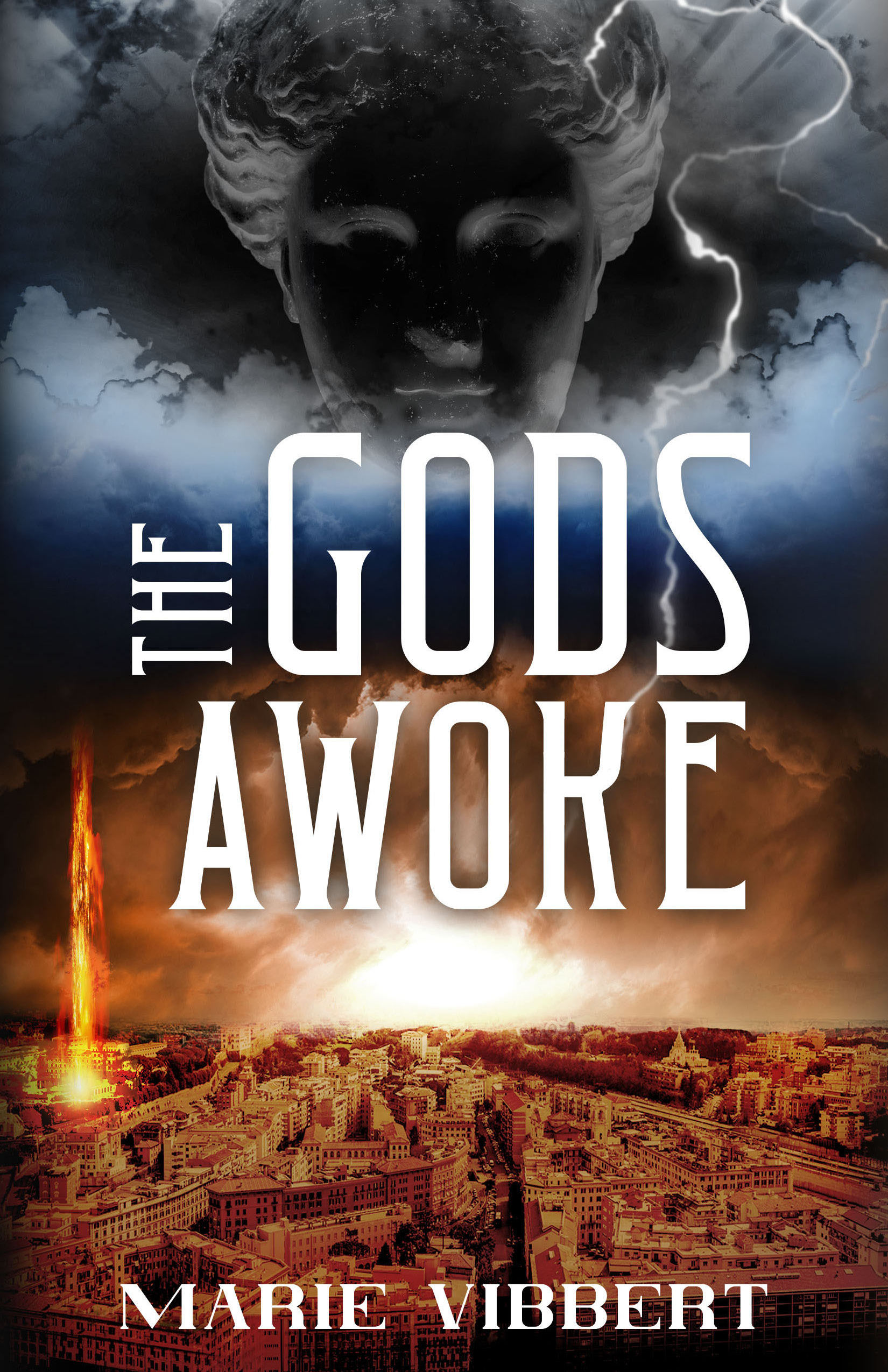

![[August 31, 1967] I wouldn't send a knight out on a dog like this… (September 1967 <i>Analog</i>)](https://galacticjourney.org/wp-content/uploads/2022/08/670831cover-672x372.jpg)



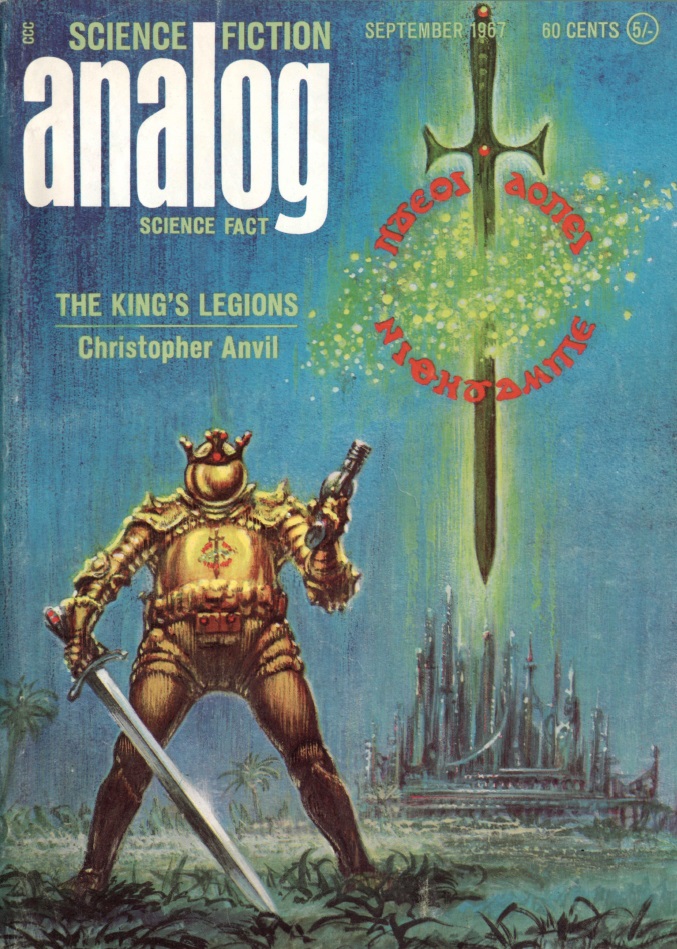
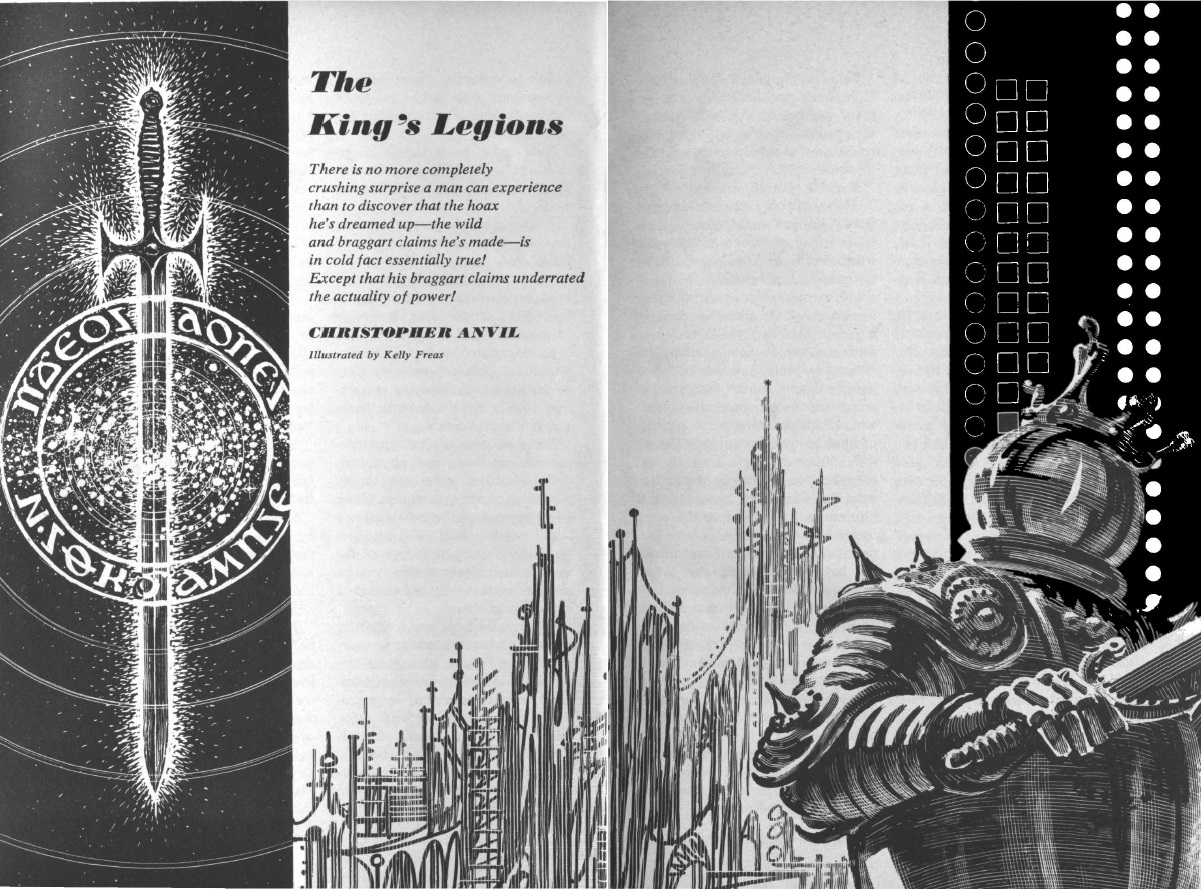
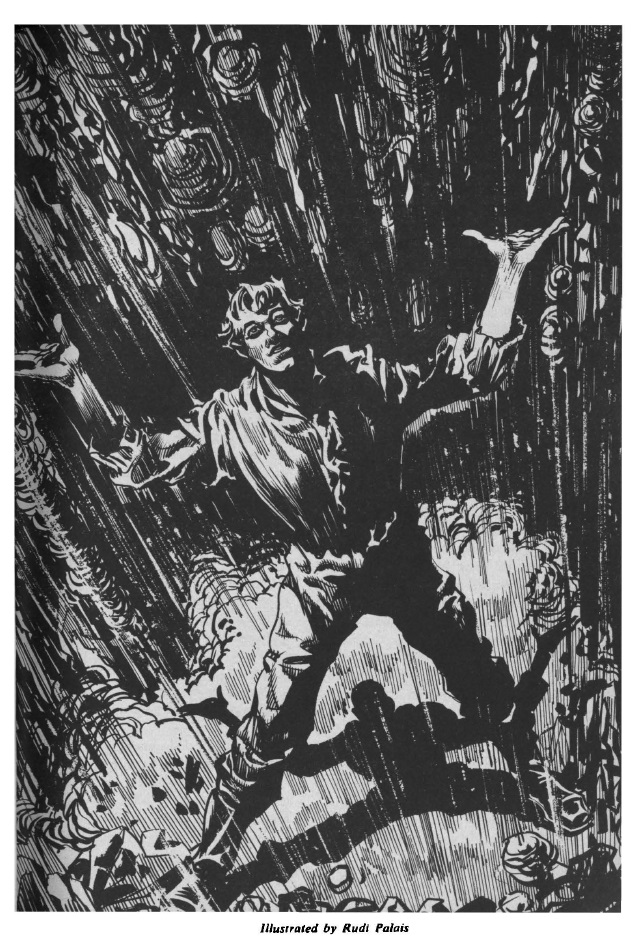
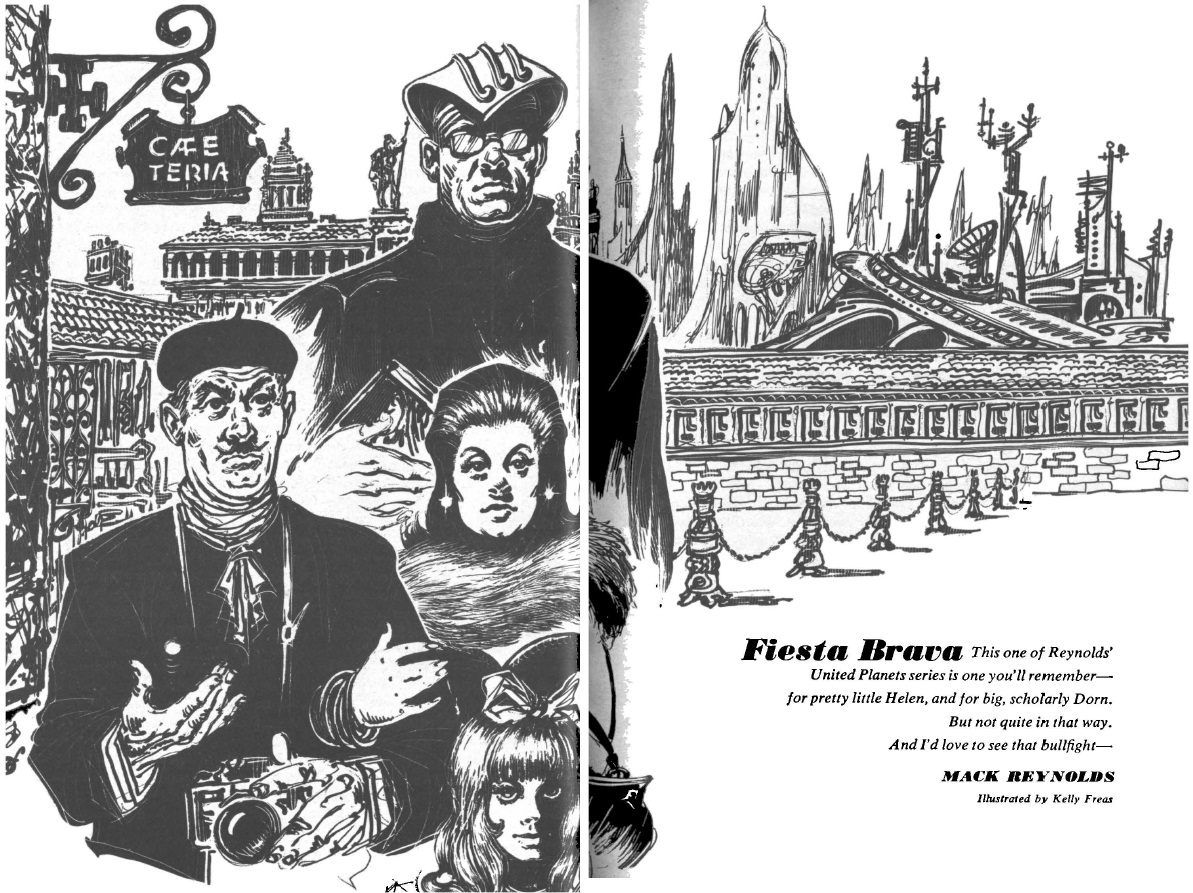
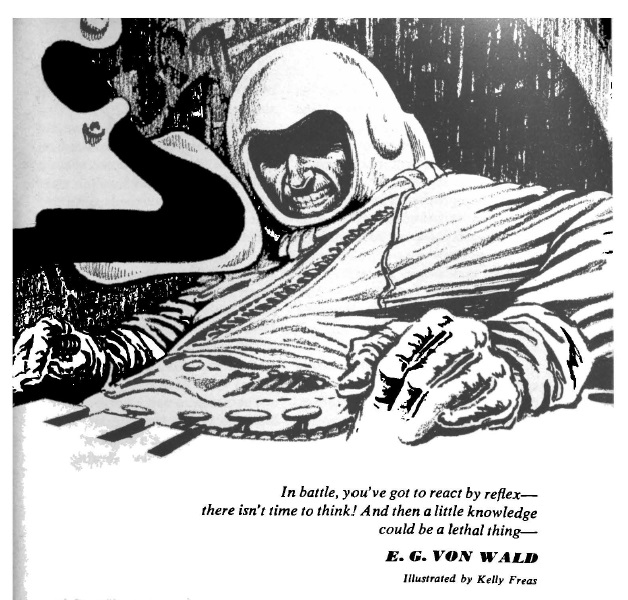
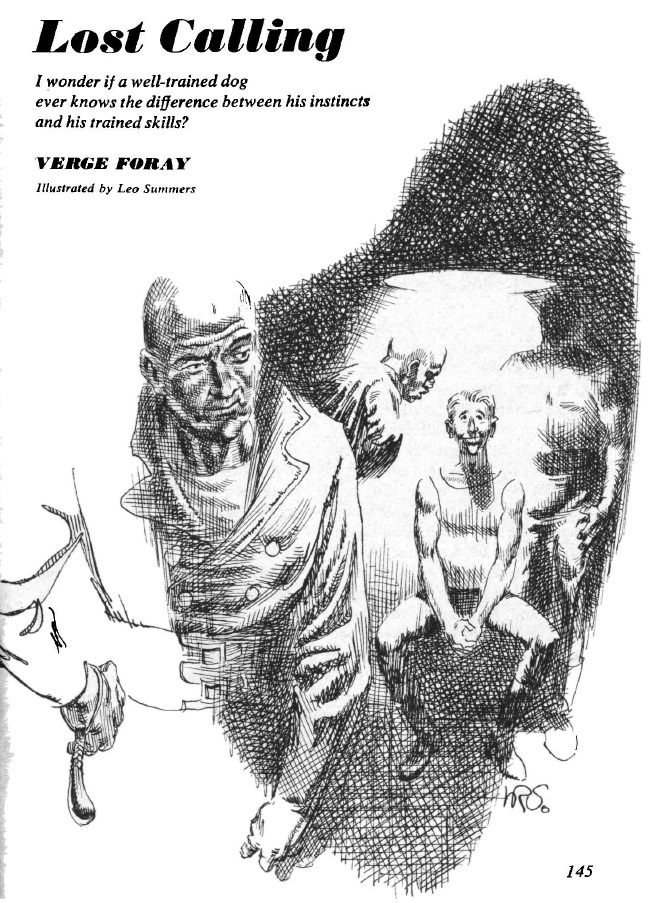
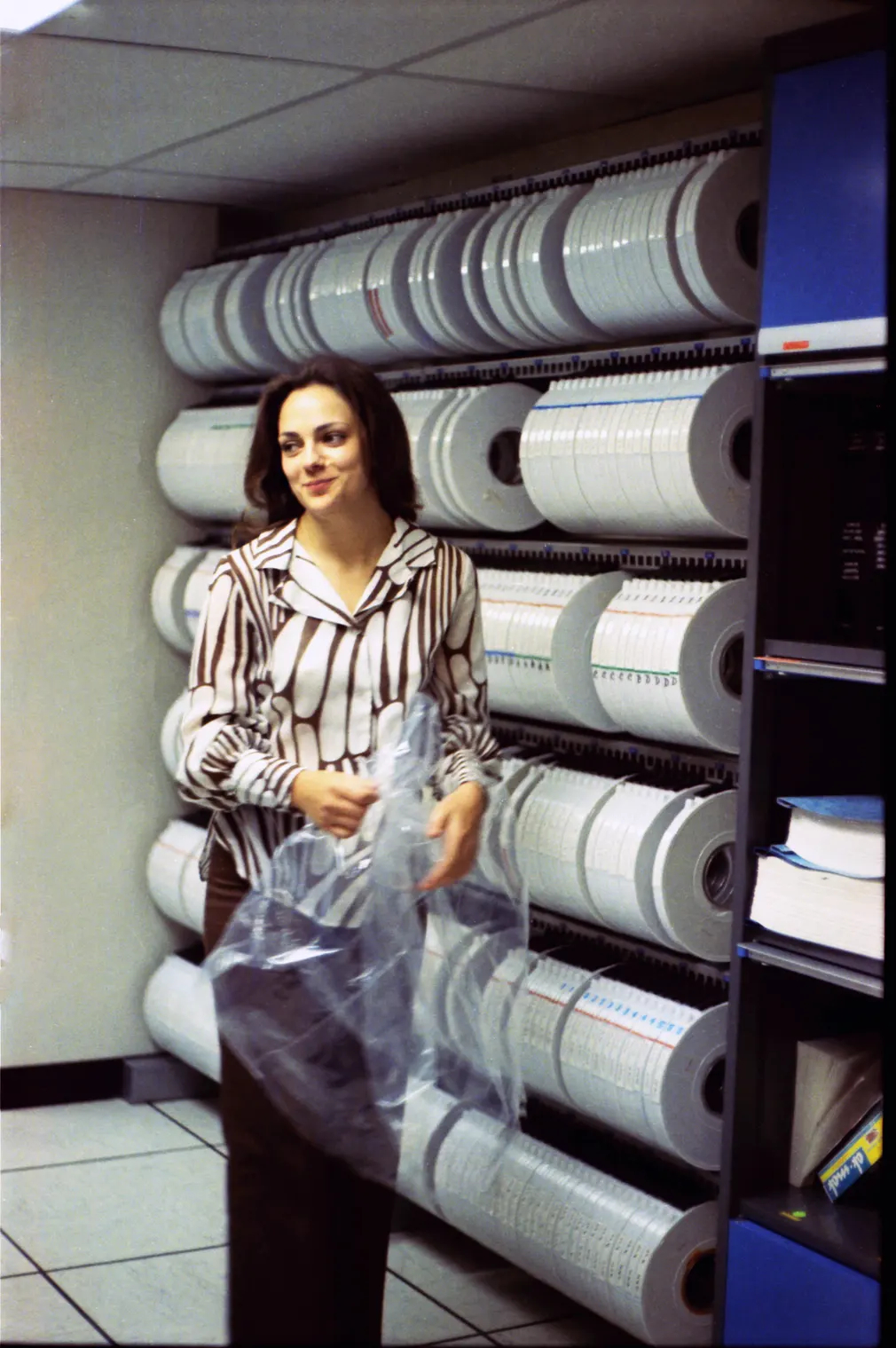
![[July 31, 1967] Canceling waves (August 1967 <i>Analog</i>)](https://galacticjourney.org/wp-content/uploads/2022/07/670731cover-672x372.jpg)
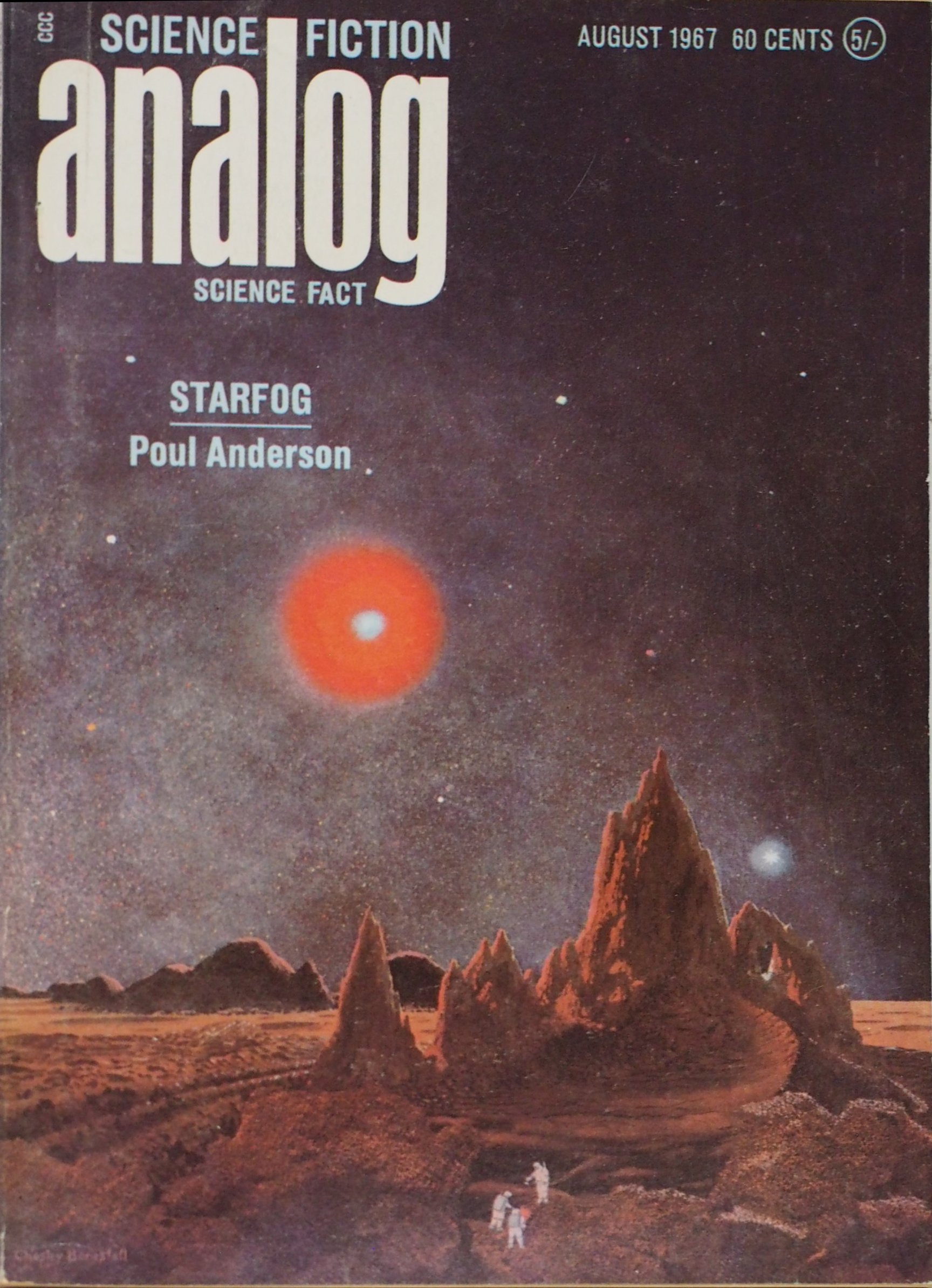

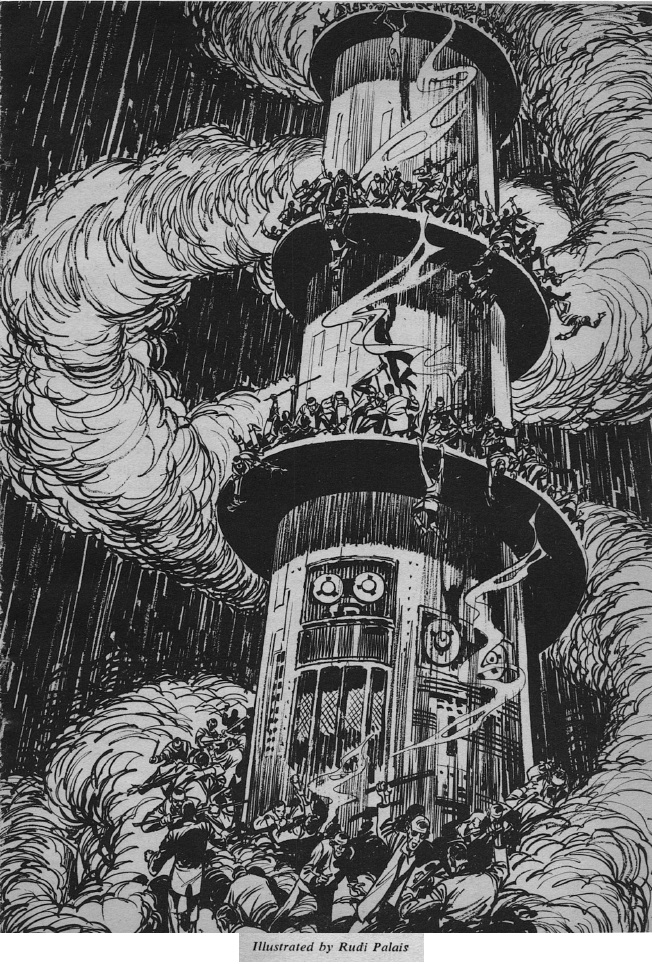
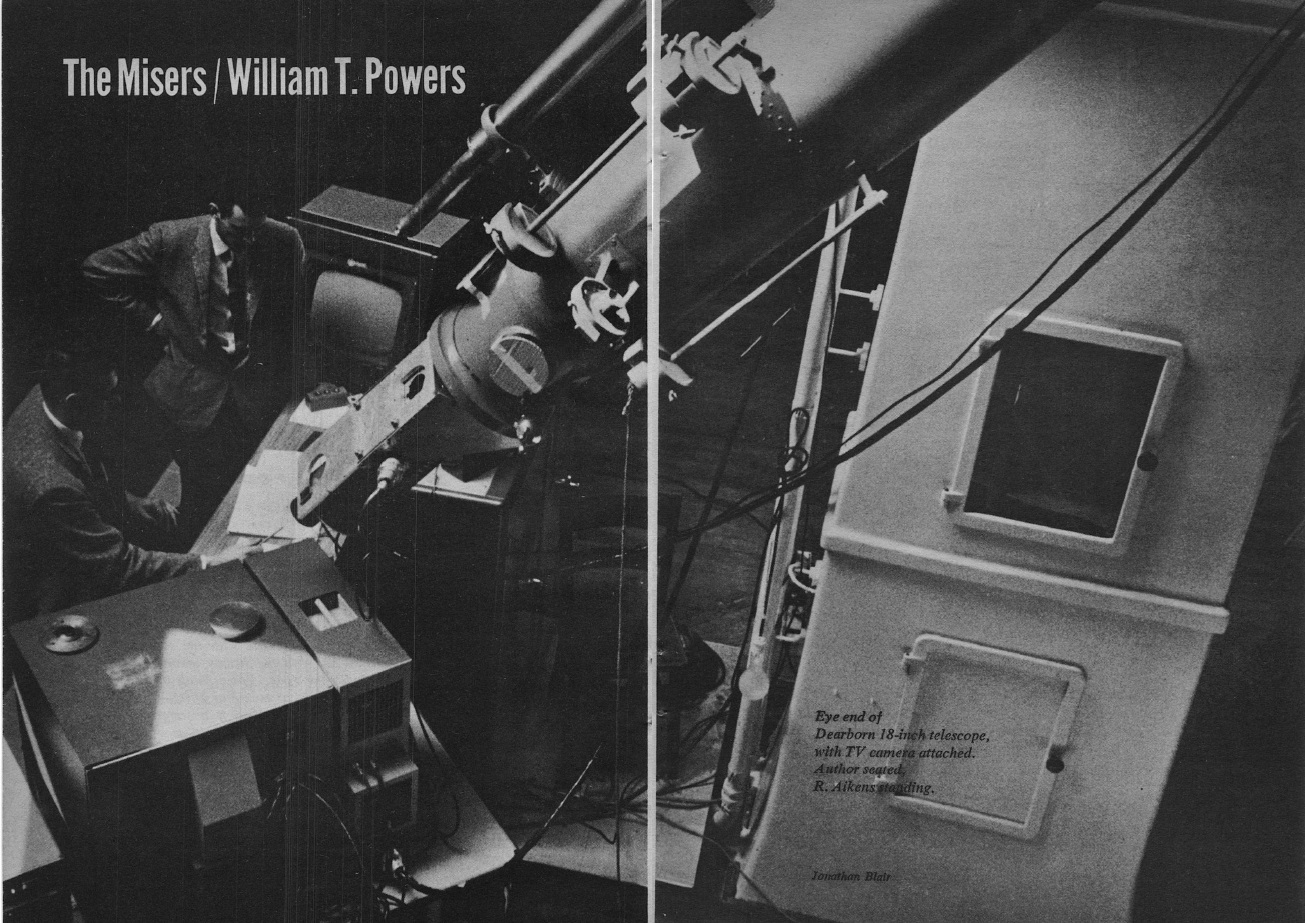
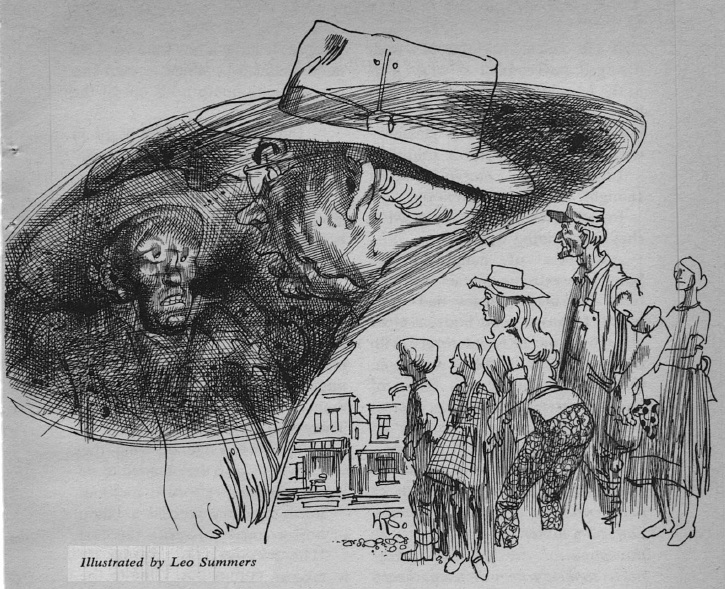

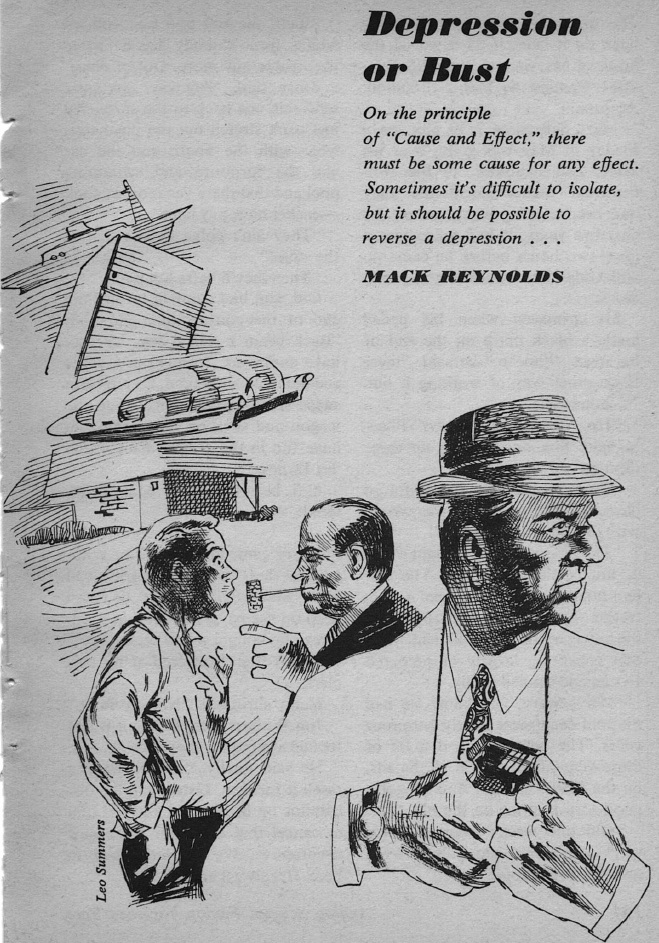

![[June 30, 1967] Bad trip (July 1967 <i>Analog</i>)](https://galacticjourney.org/wp-content/uploads/2022/06/670630cover-672x372.jpg)



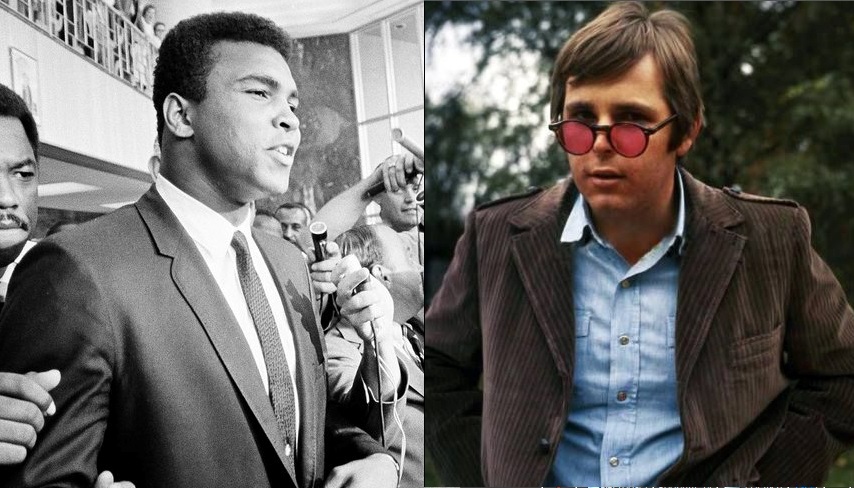
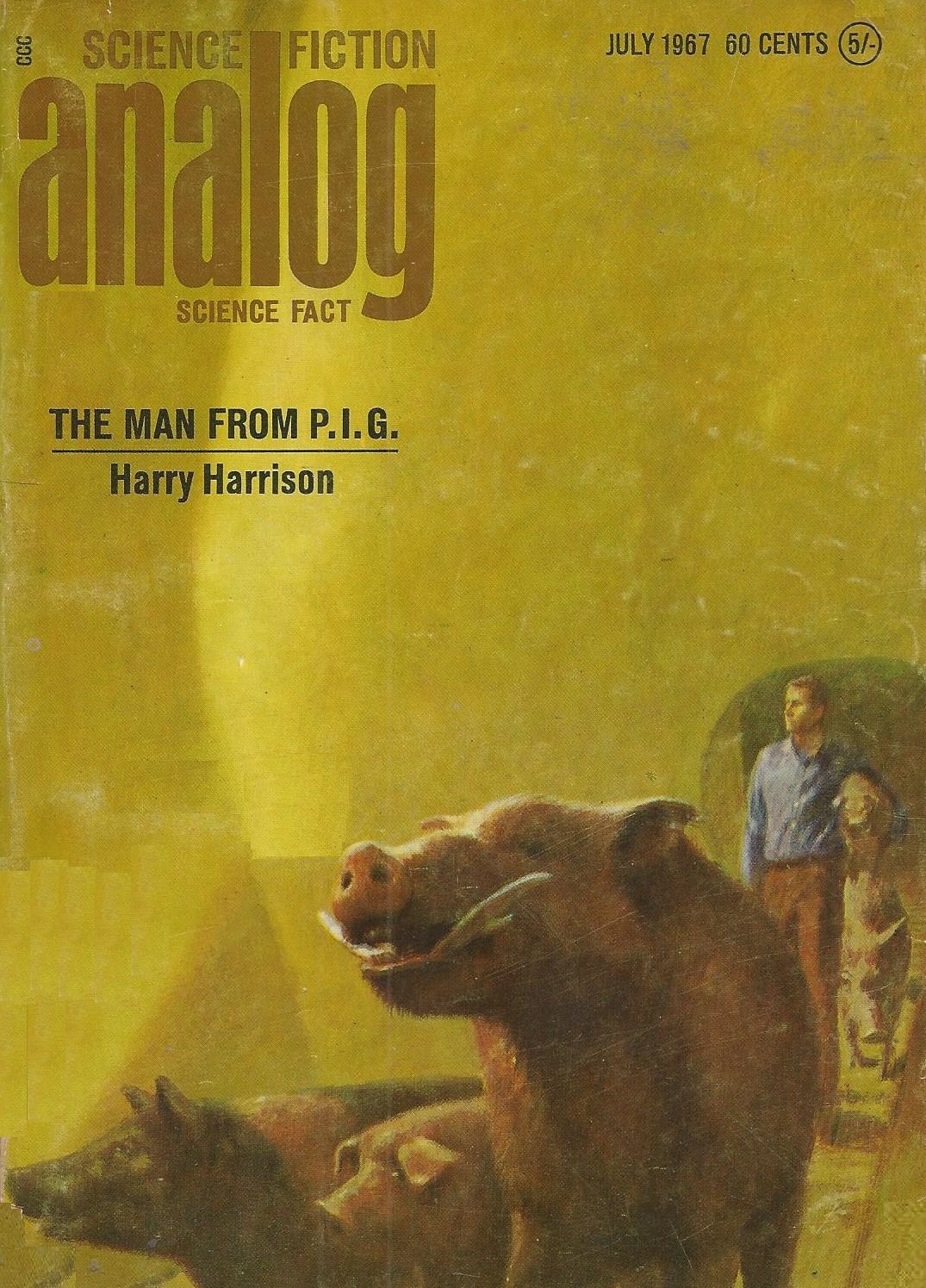





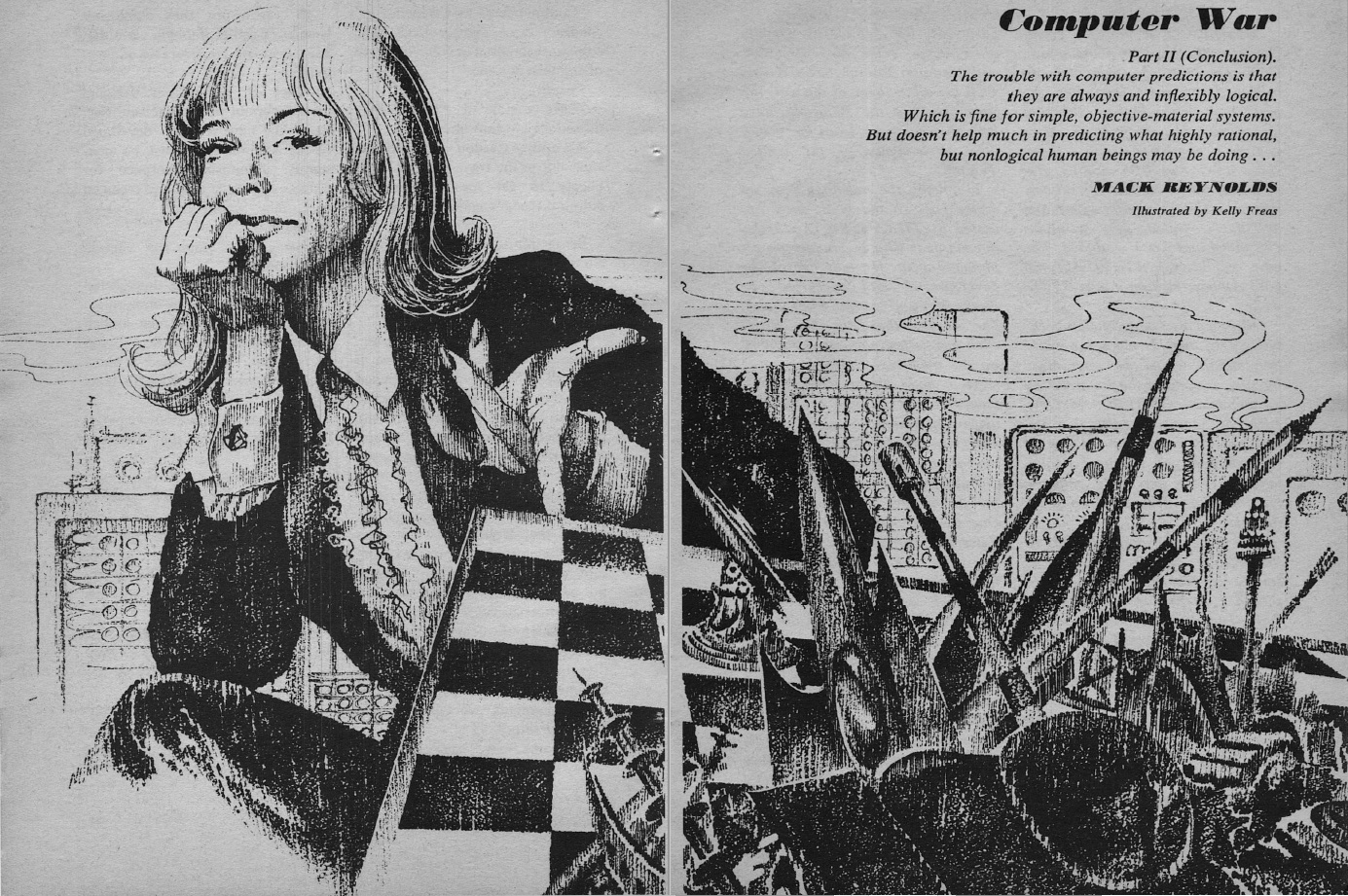


![[May 31, 1967] Phoning it in (June 1967 <i>Analog</i>)](https://galacticjourney.org/wp-content/uploads/2022/05/670531cover-672x372.jpg)
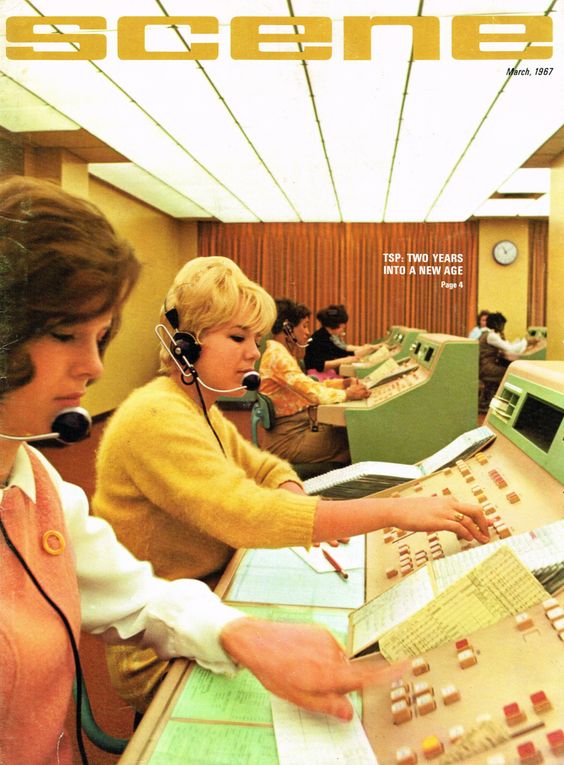

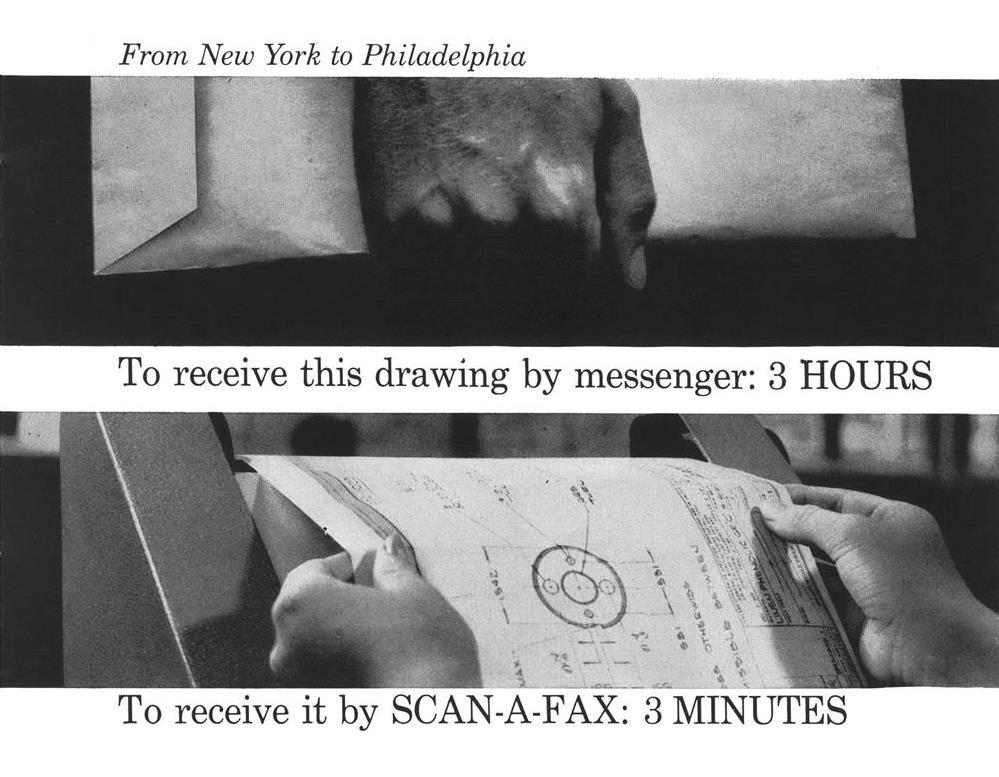






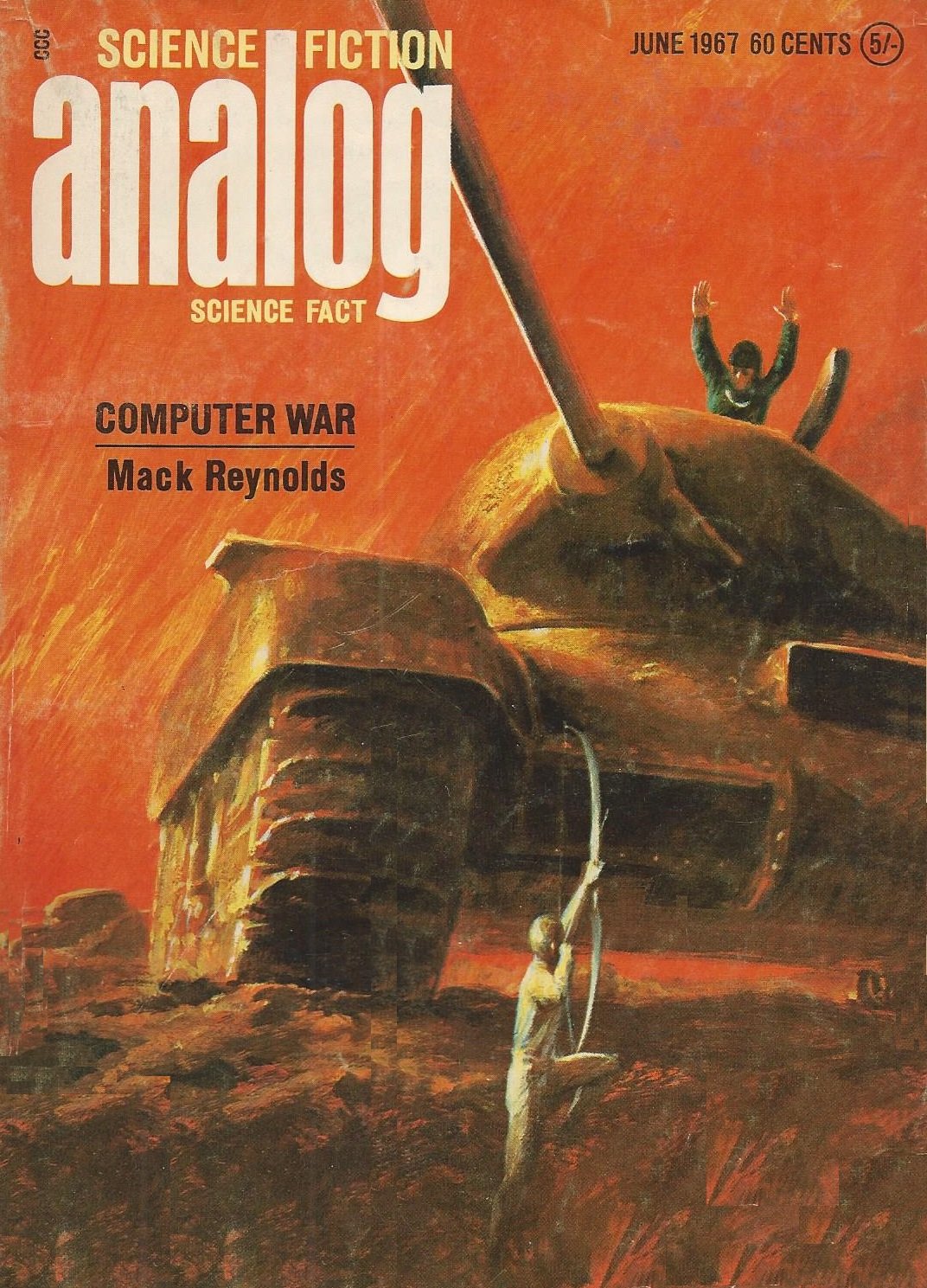

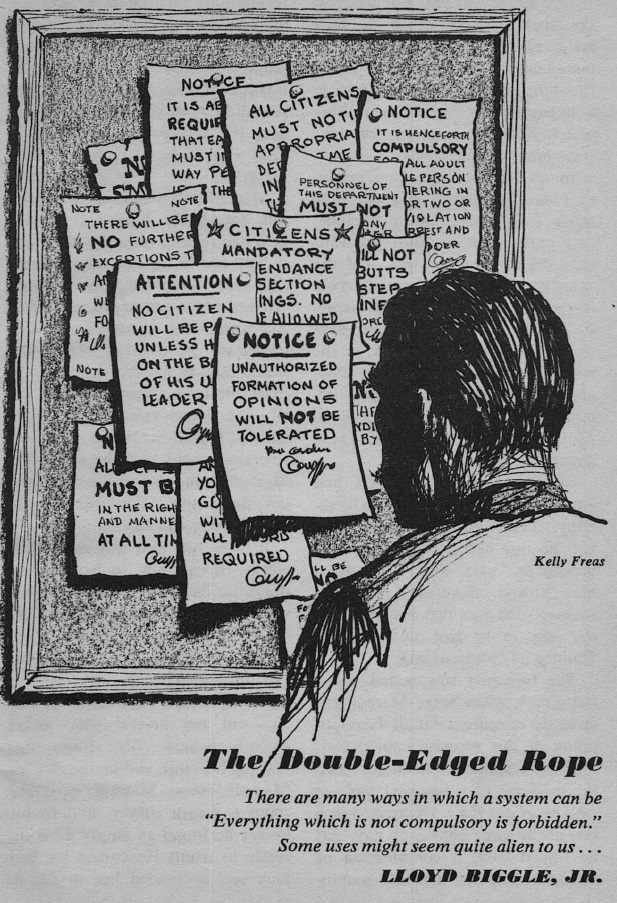

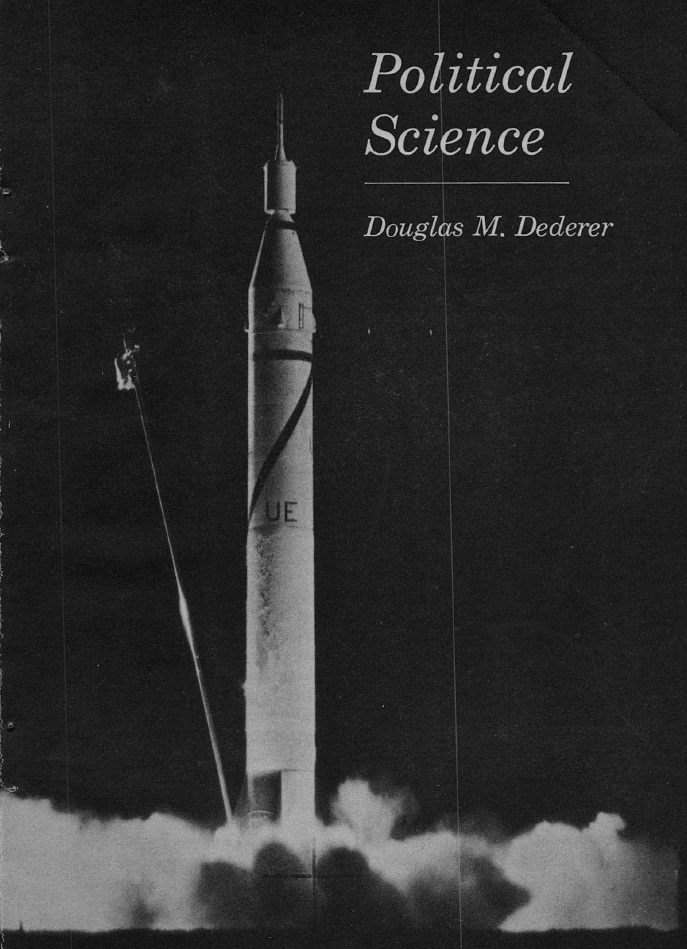
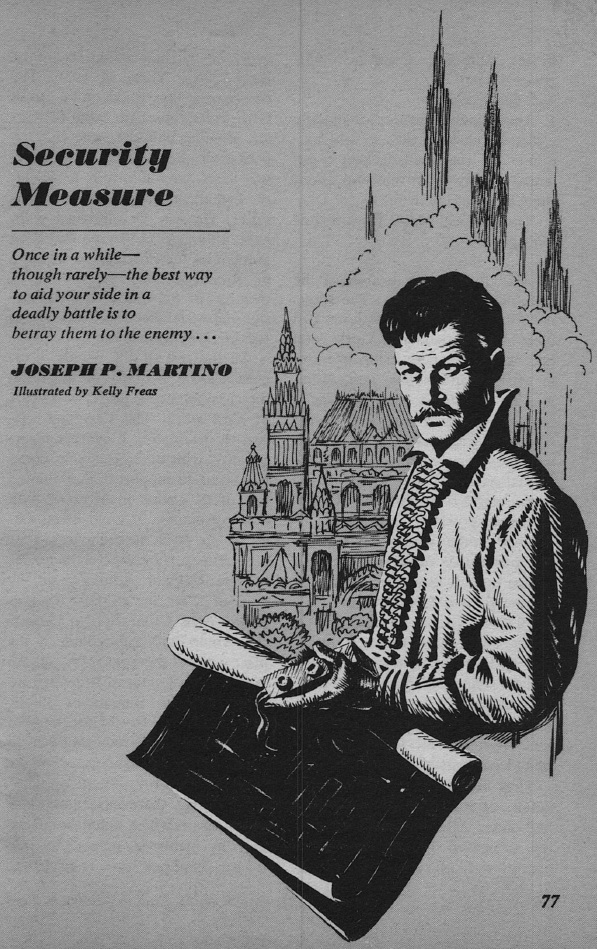

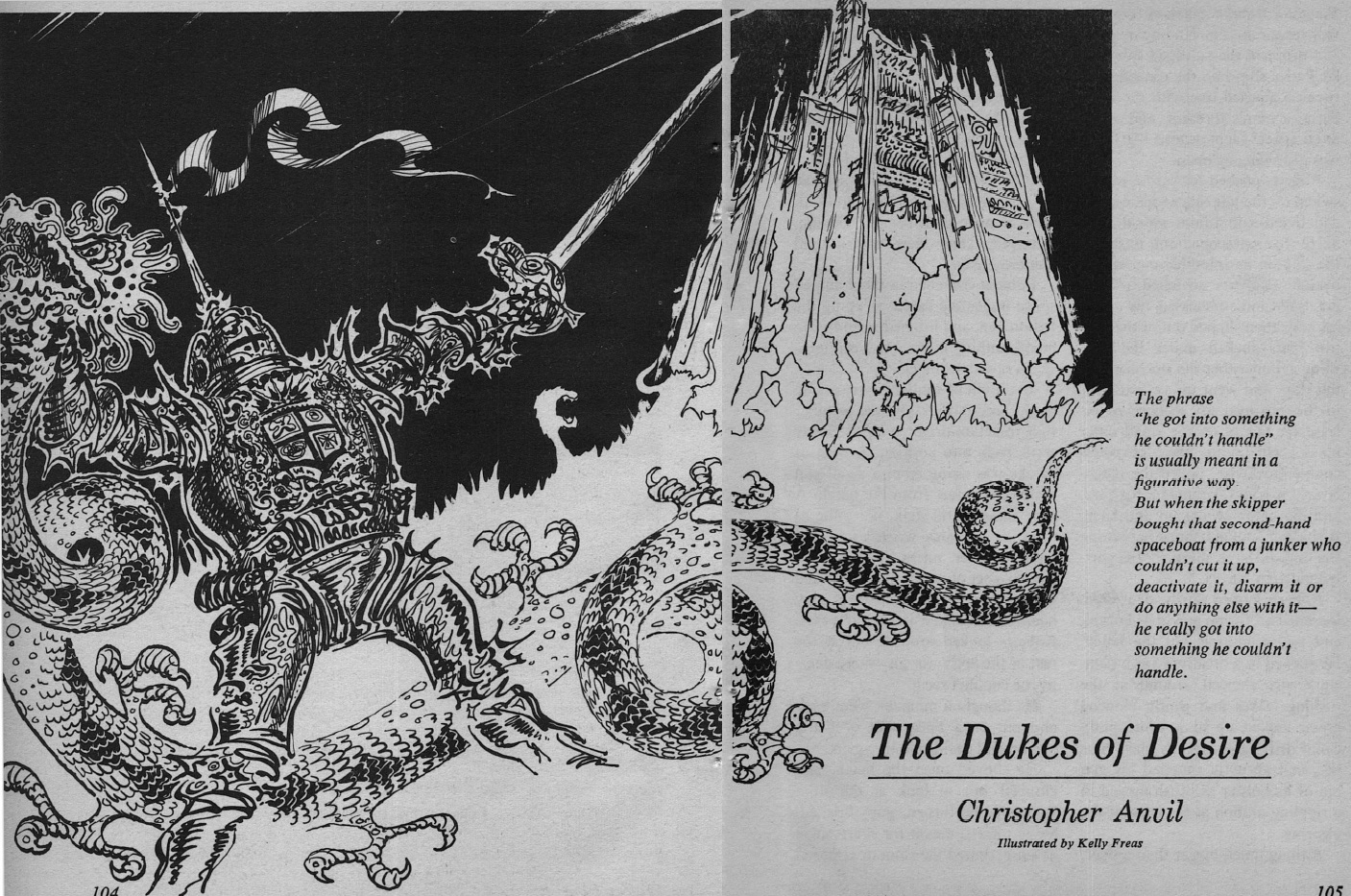

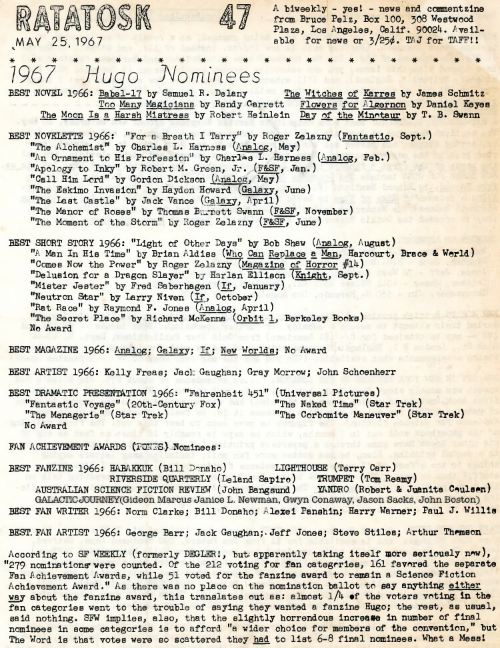

![[May 16, 1967] From the Sea to the Stars (May 1967 Galactoscope)](https://galacticjourney.org/wp-content/uploads/2022/05/670516covers-672x372.jpg)










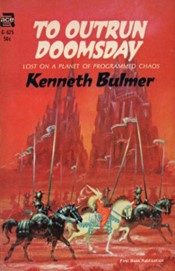
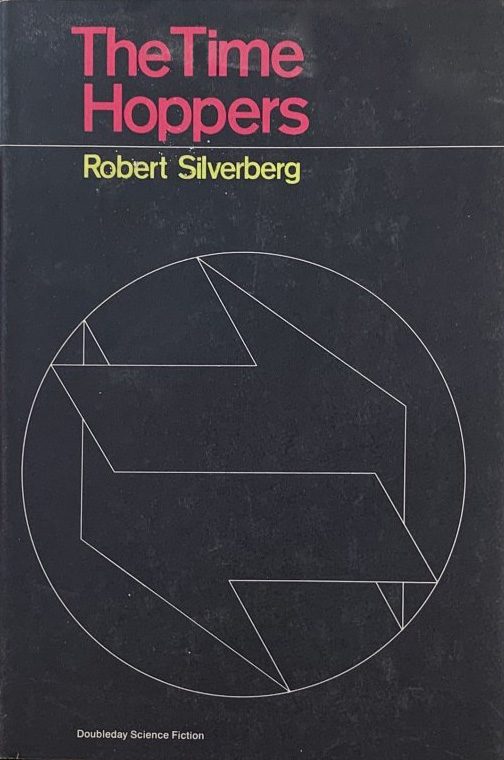

![[April 30, 1967] Strange New Worlds and Staid Old Ones (May 1967 <i>Analog</i>)](https://galacticjourney.org/wp-content/uploads/2022/04/670430cover-672x372.jpg)
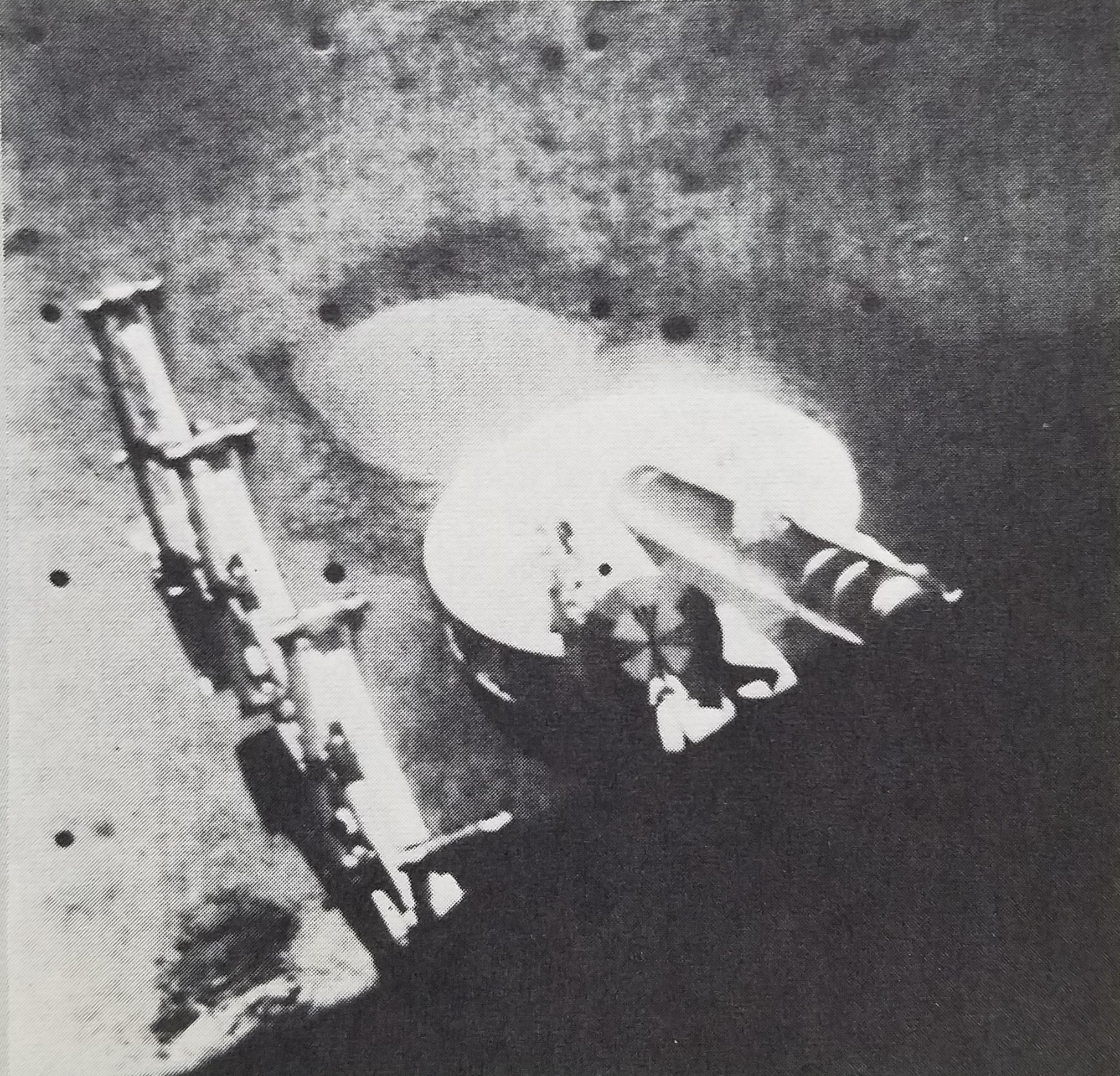
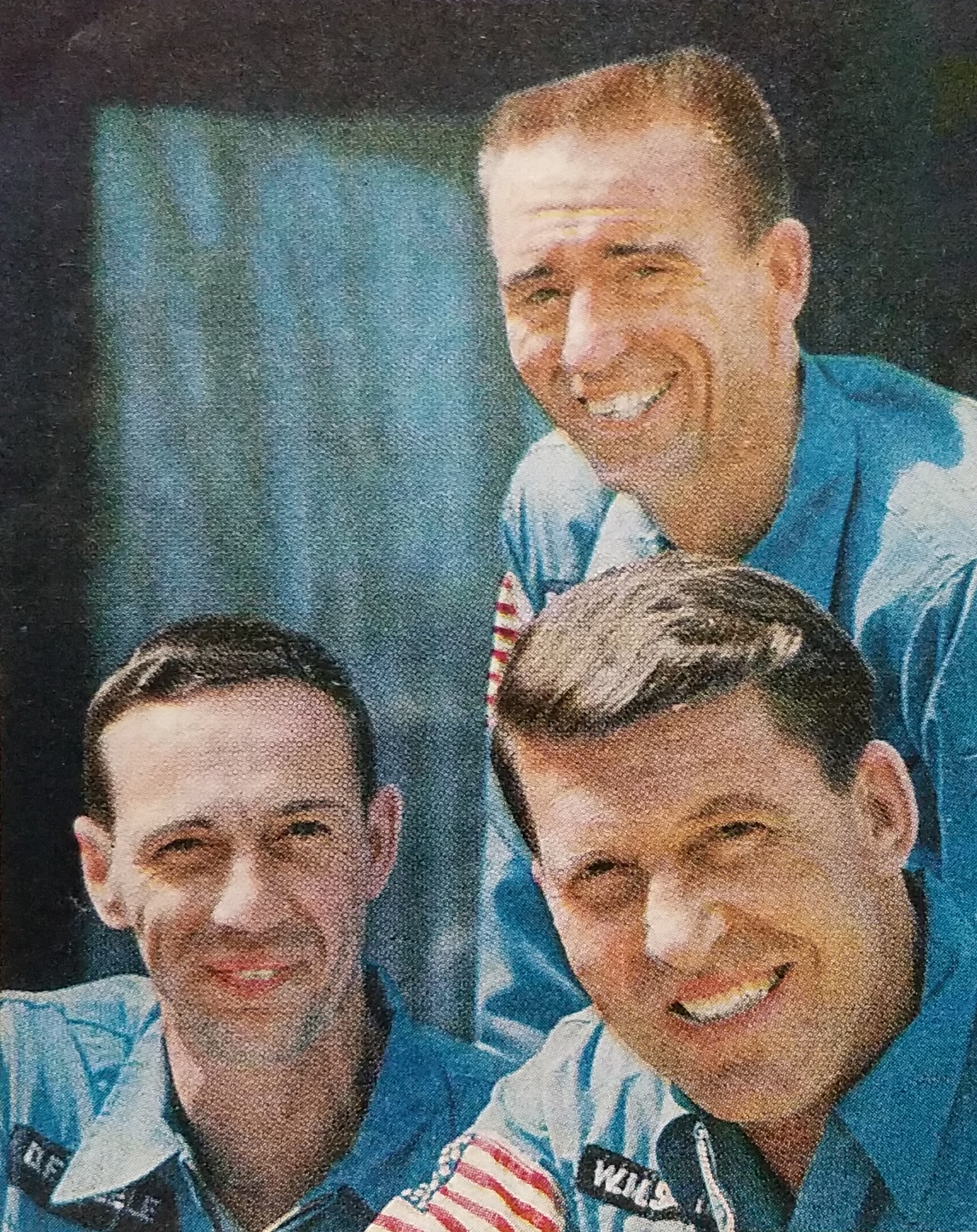
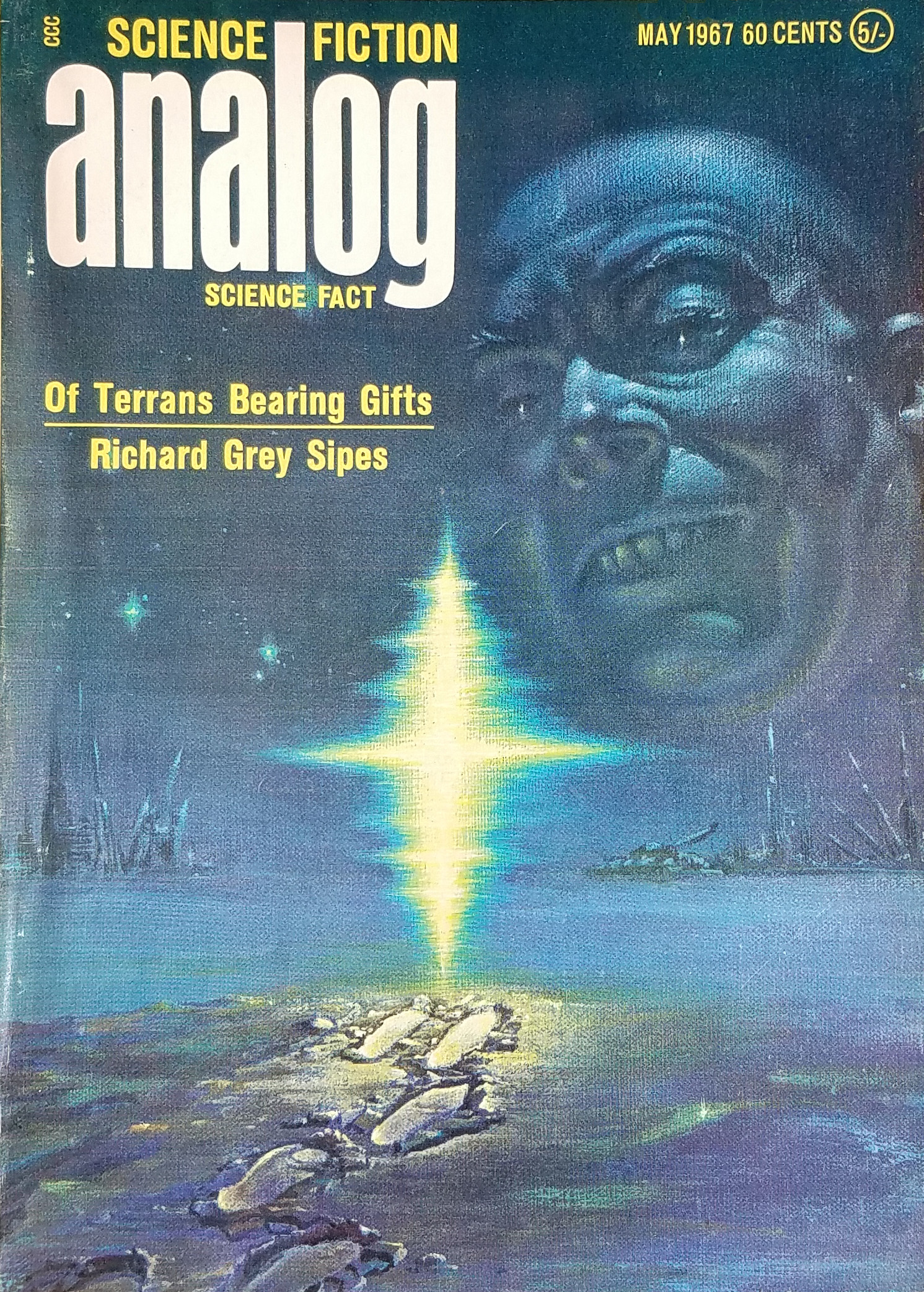

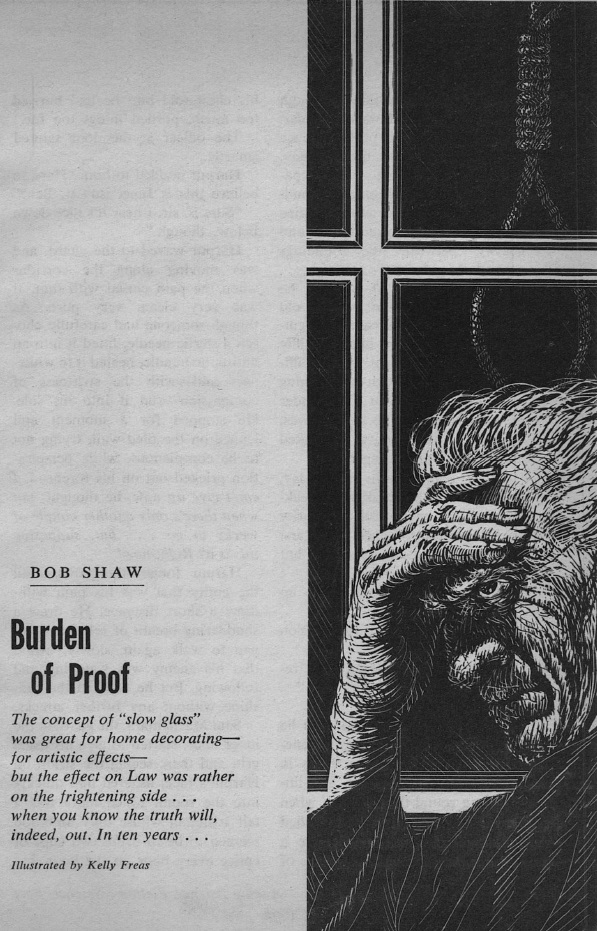
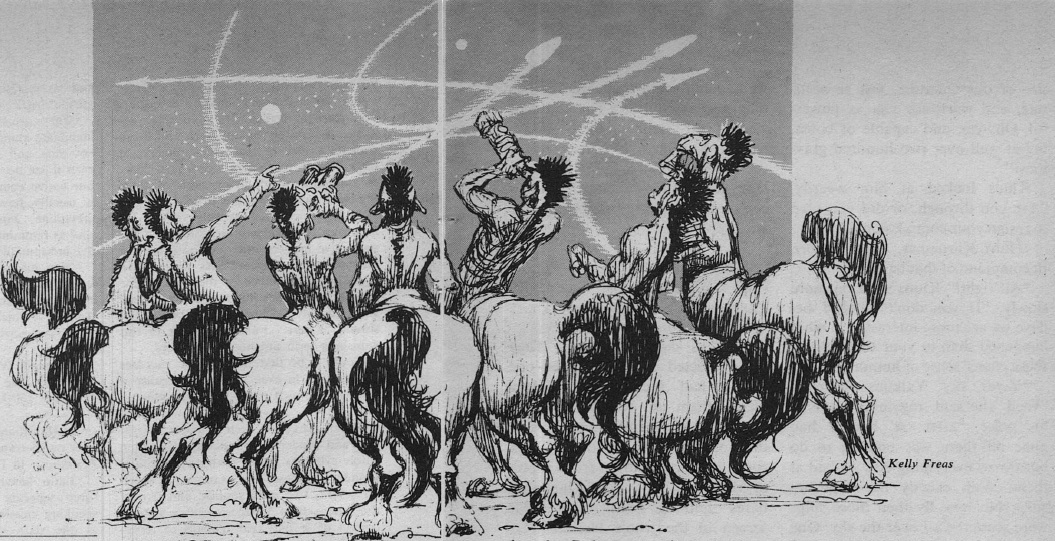
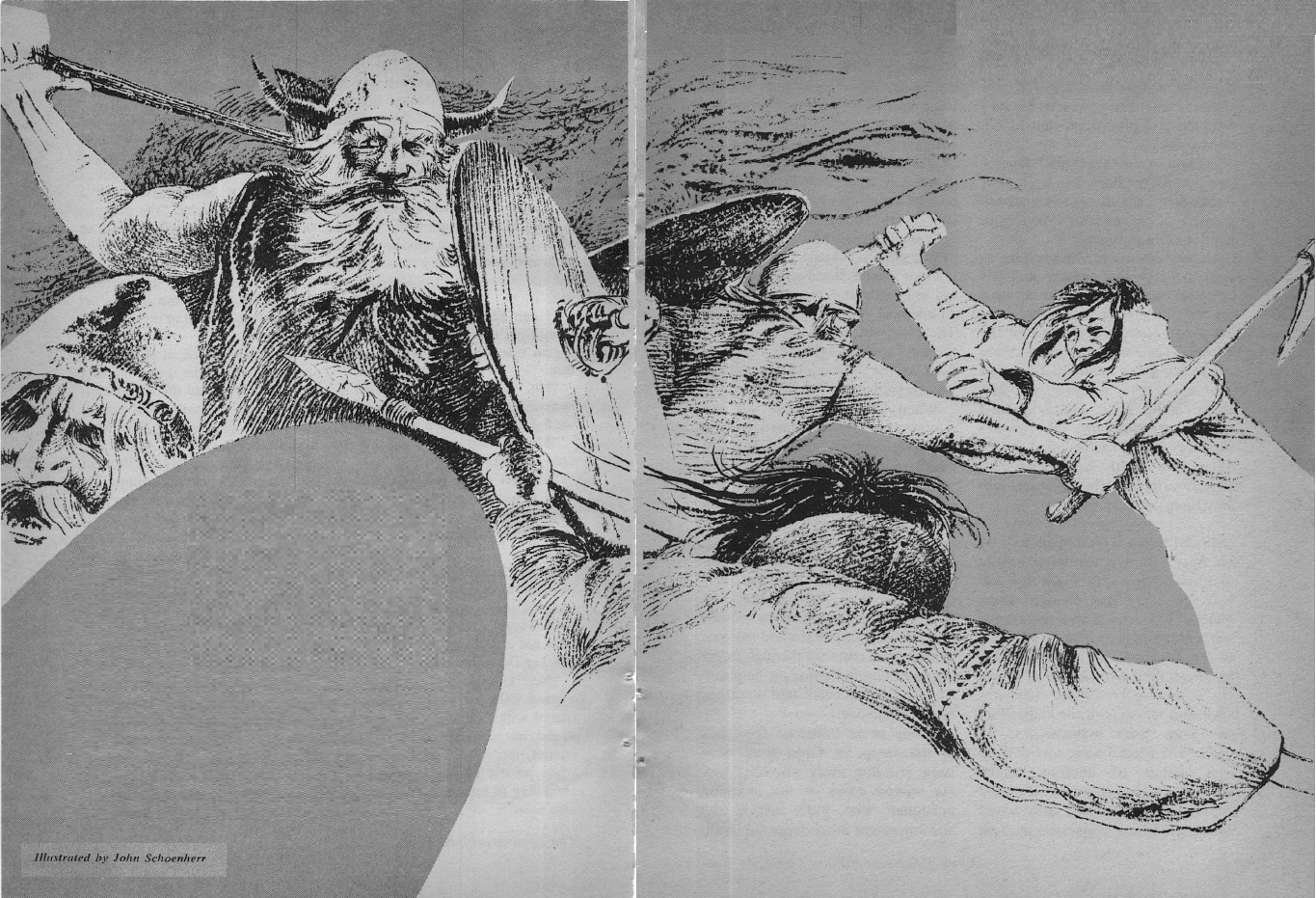
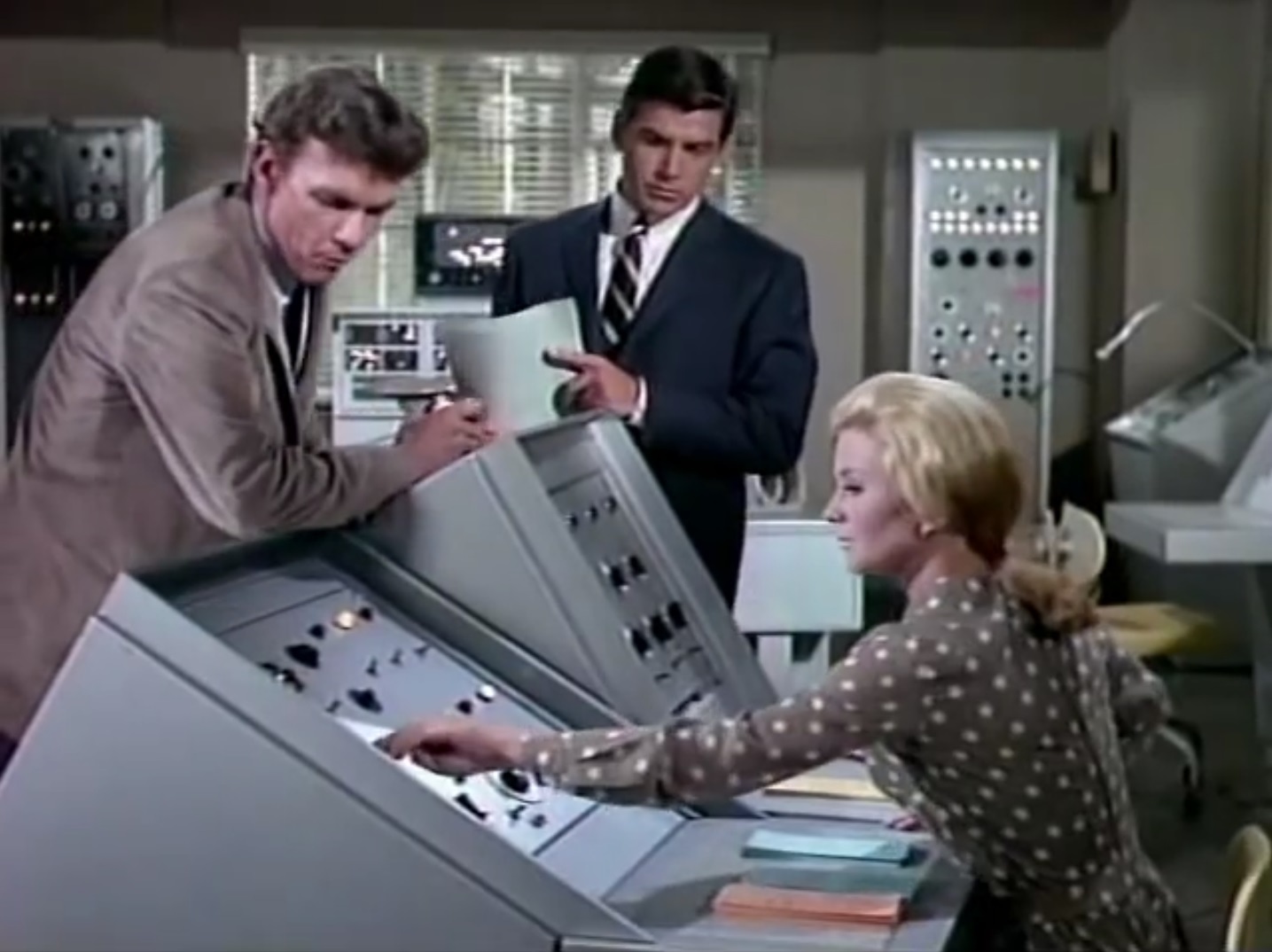

![[March 28, 1967] At last, a drop to drink (April 1967 <i>Analog</i>)](https://galacticjourney.org/wp-content/uploads/2022/03/670328cover-649x372.jpg)
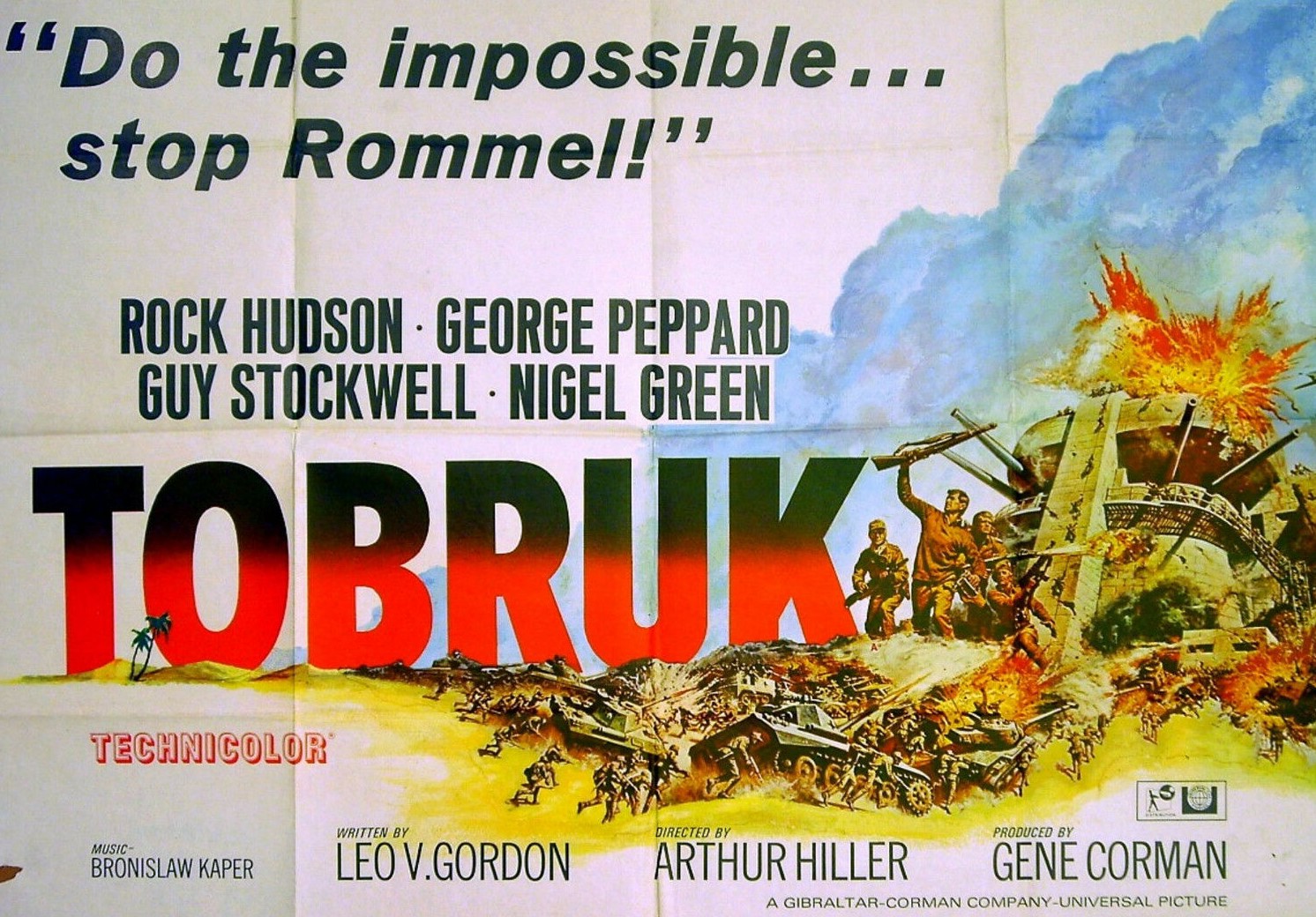

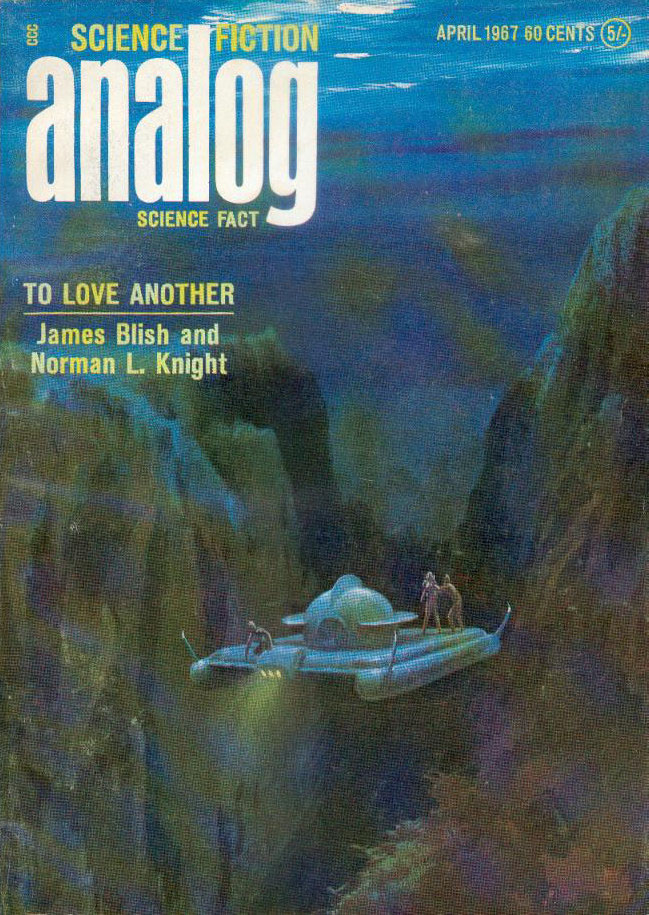


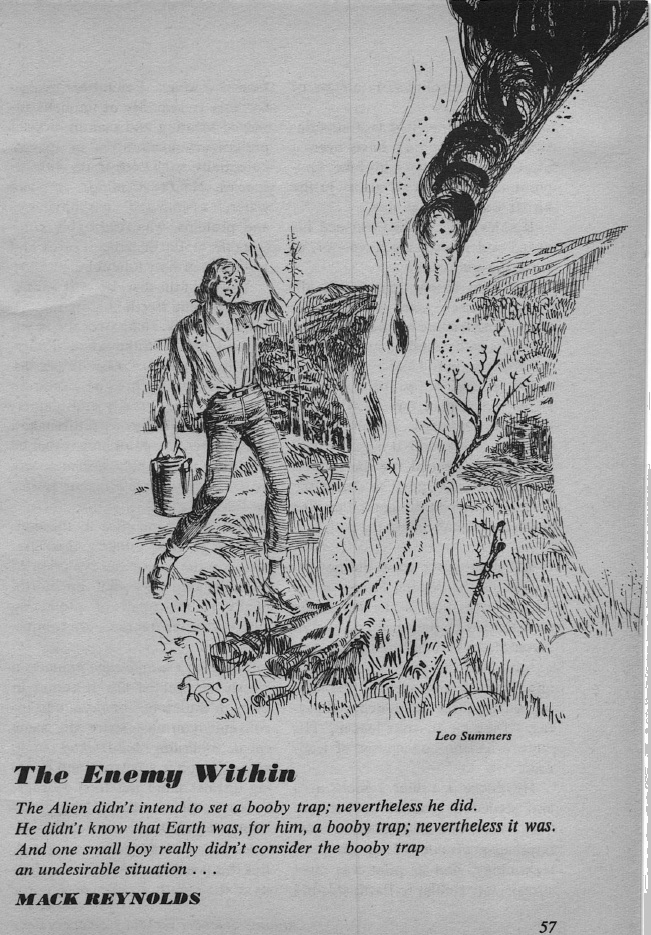
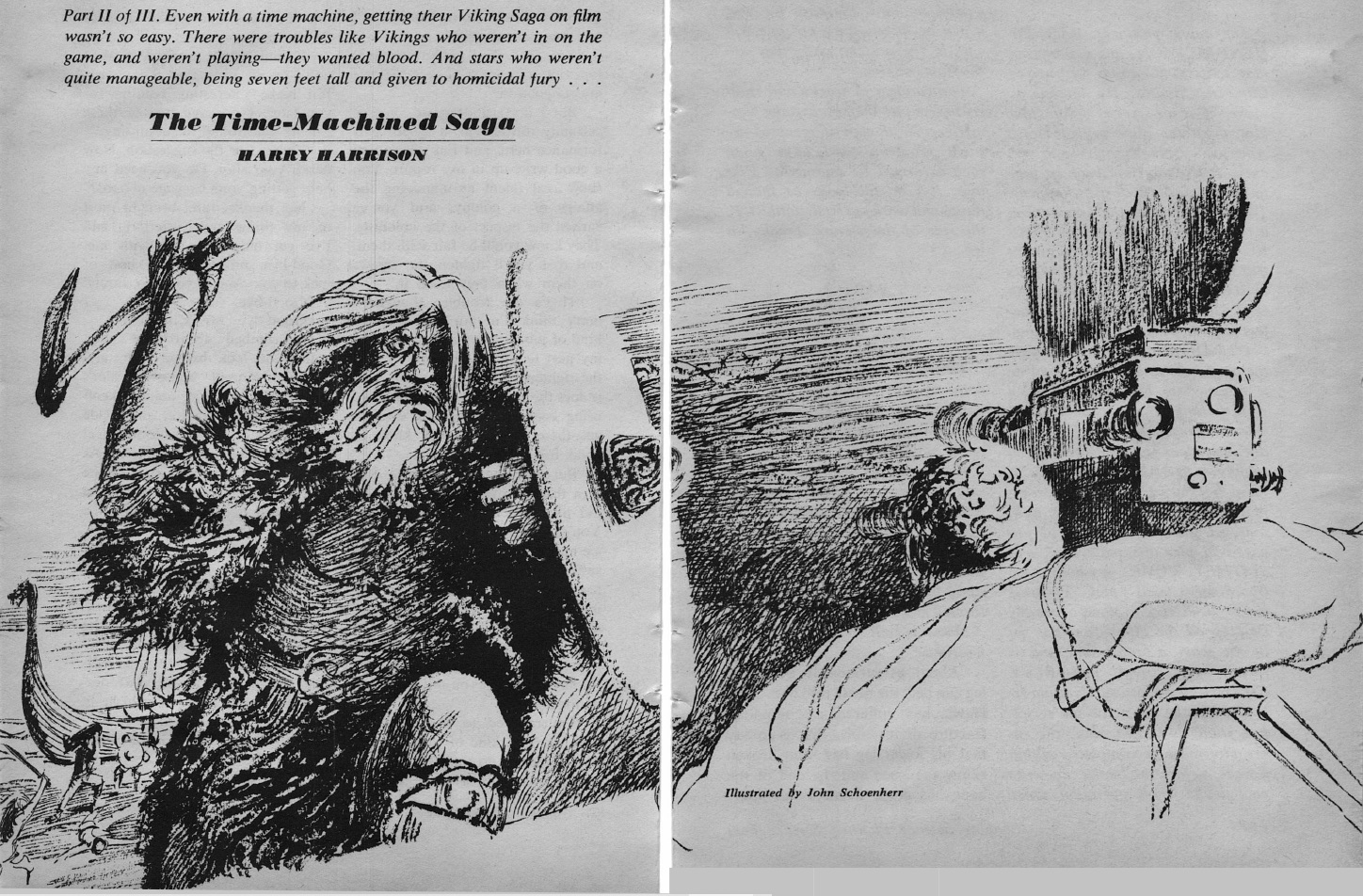
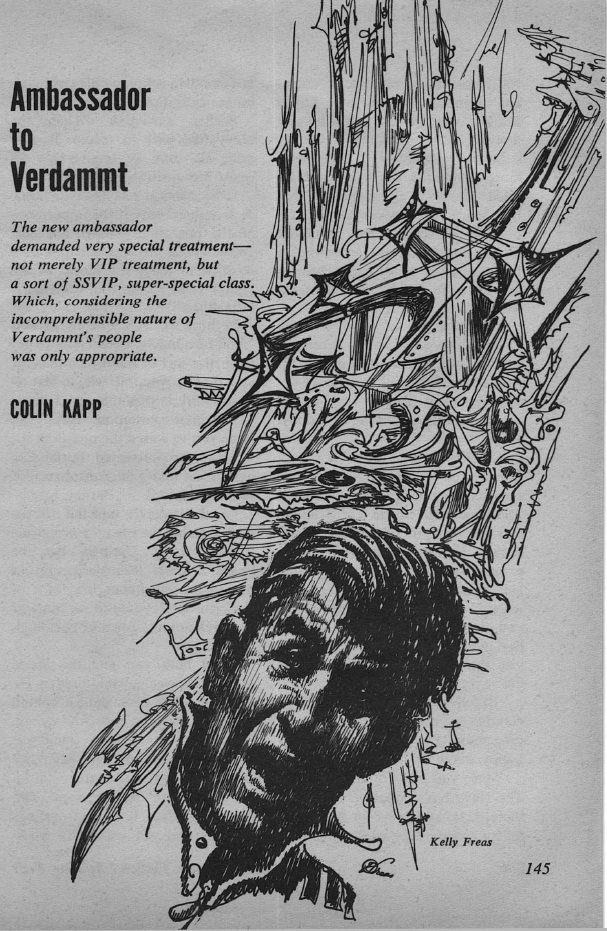

![[February 28, 1967] The Big Stall (March 1967 <i>Analog</i>)](https://galacticjourney.org/wp-content/uploads/2022/02/670228cover-672x372.jpg)


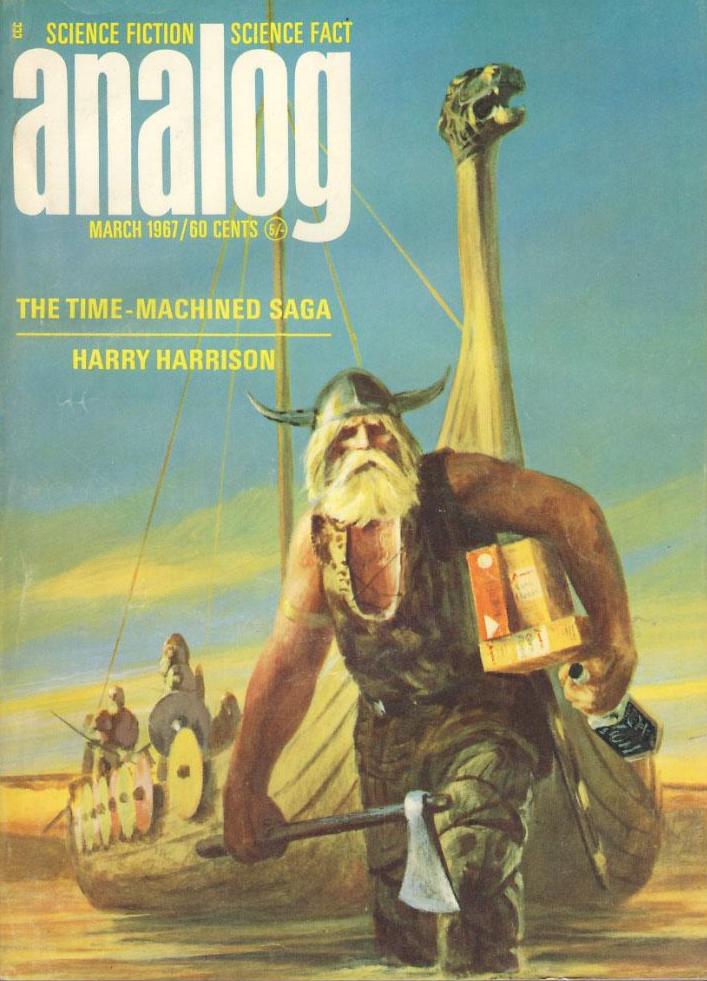
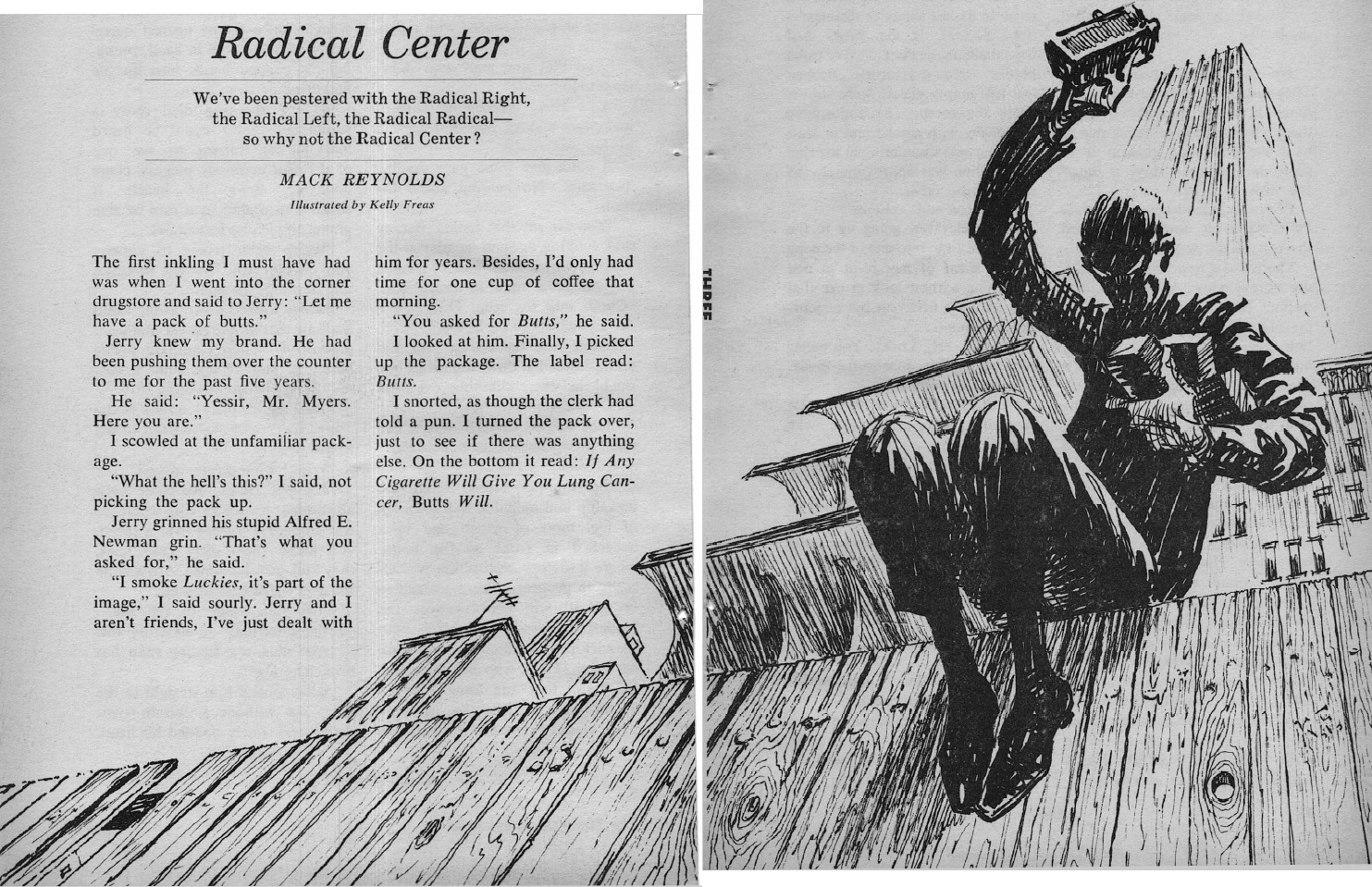
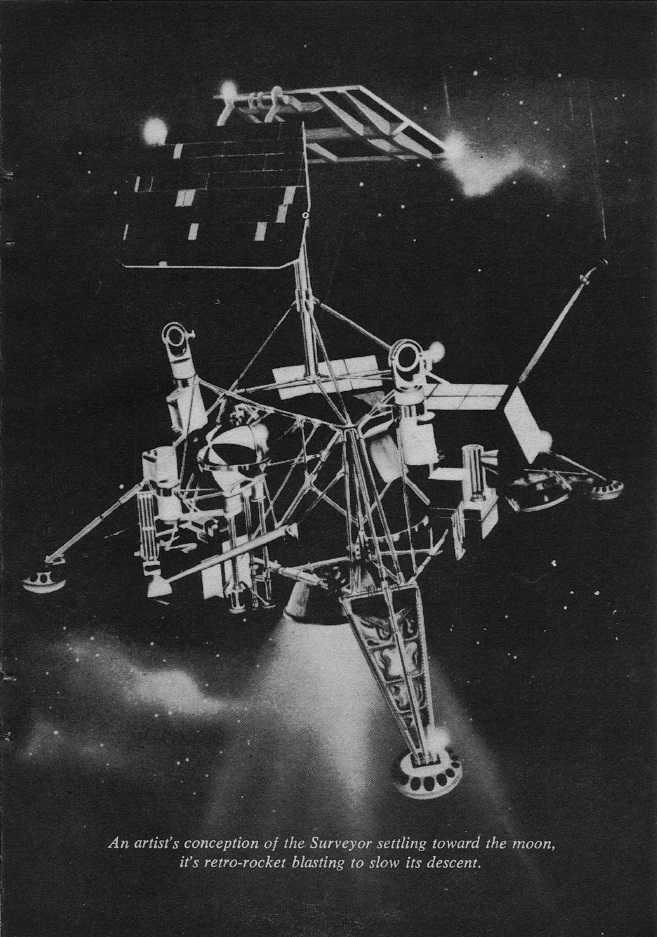
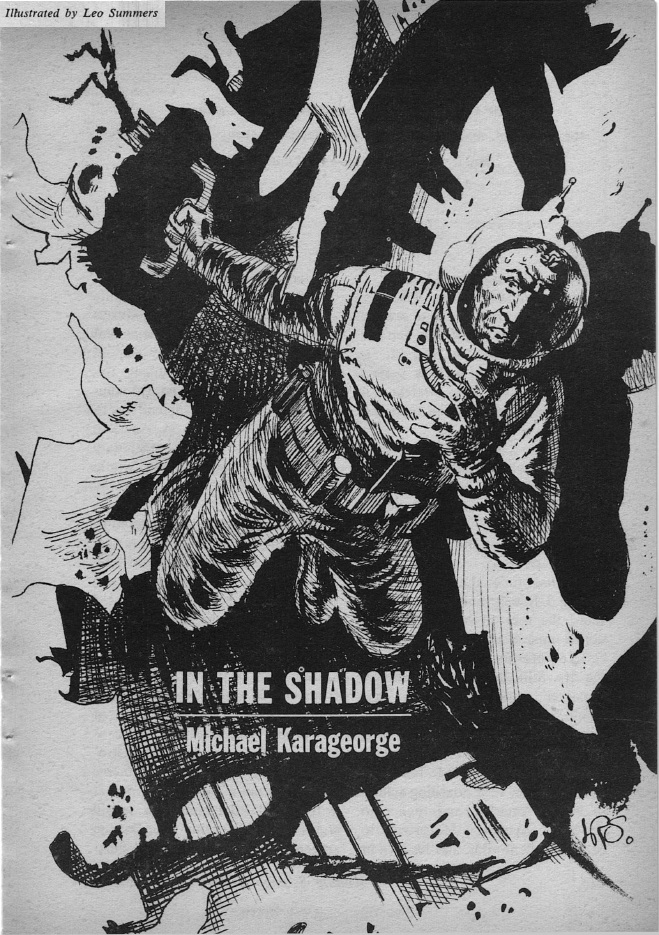
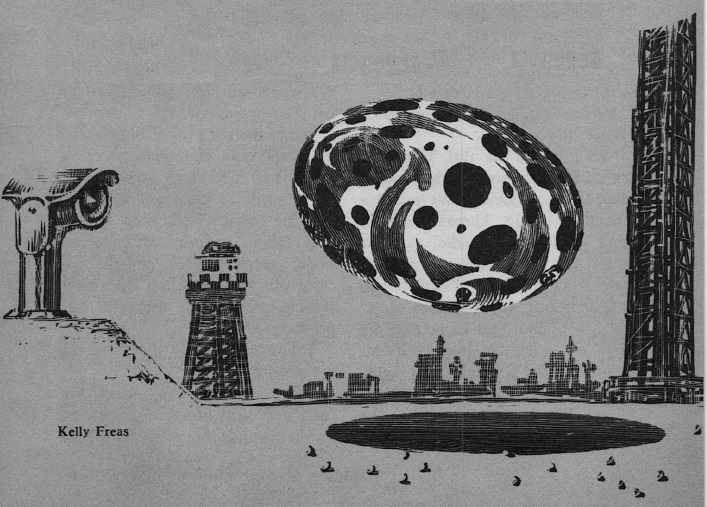
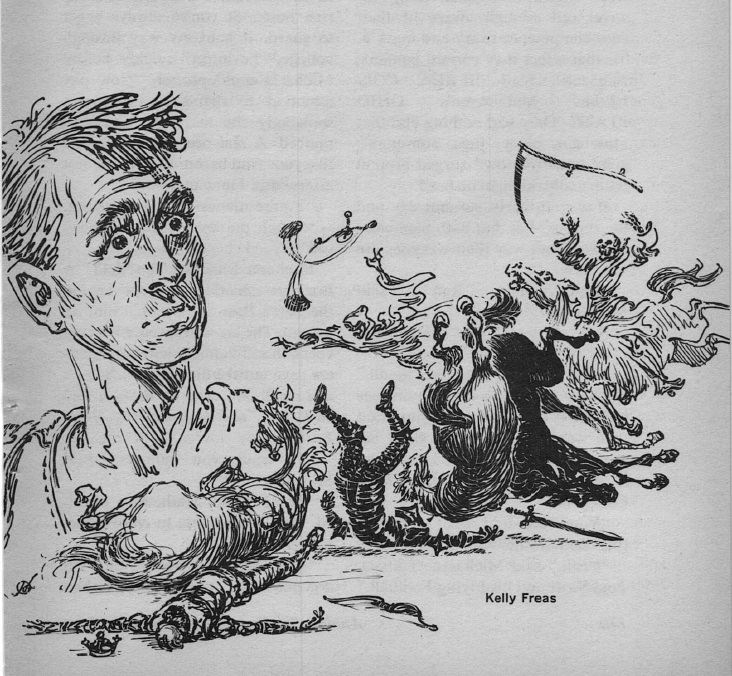

![[December 31, 1966] Barriers to quality (January 1967 <i>Analog</i>)](https://galacticjourney.org/wp-content/uploads/2021/12/661231cover-672x372.jpg)








